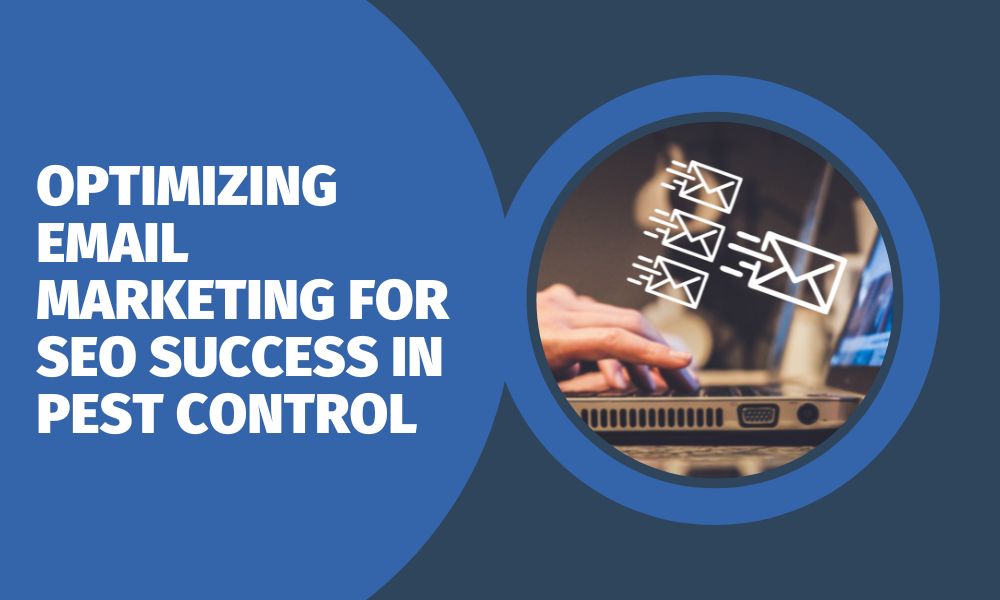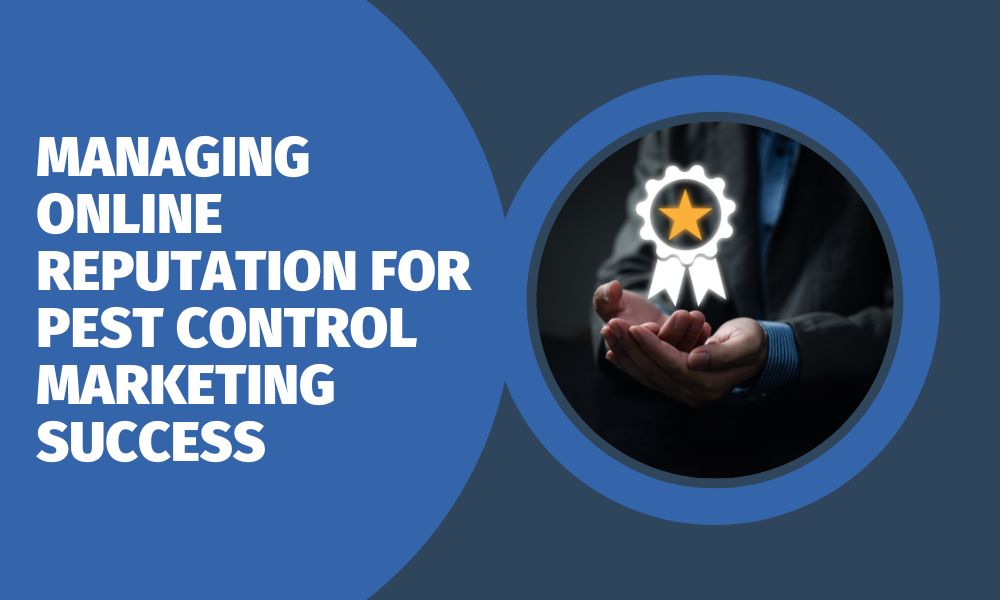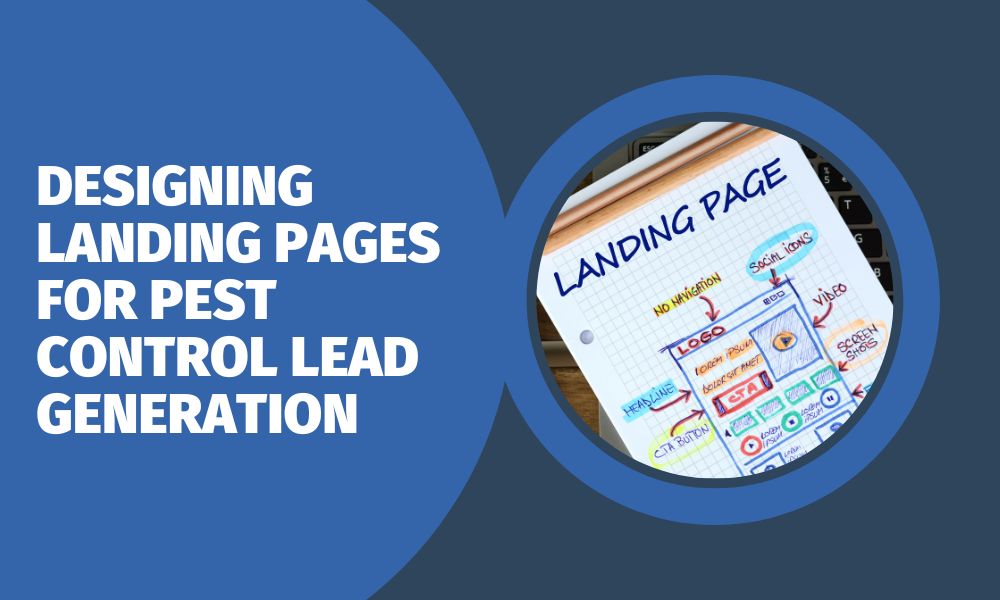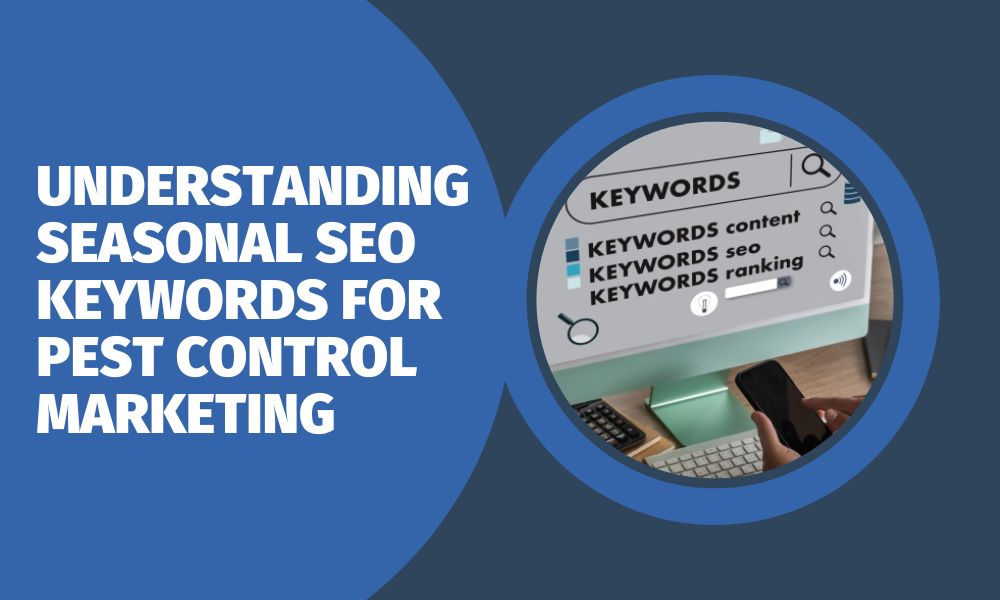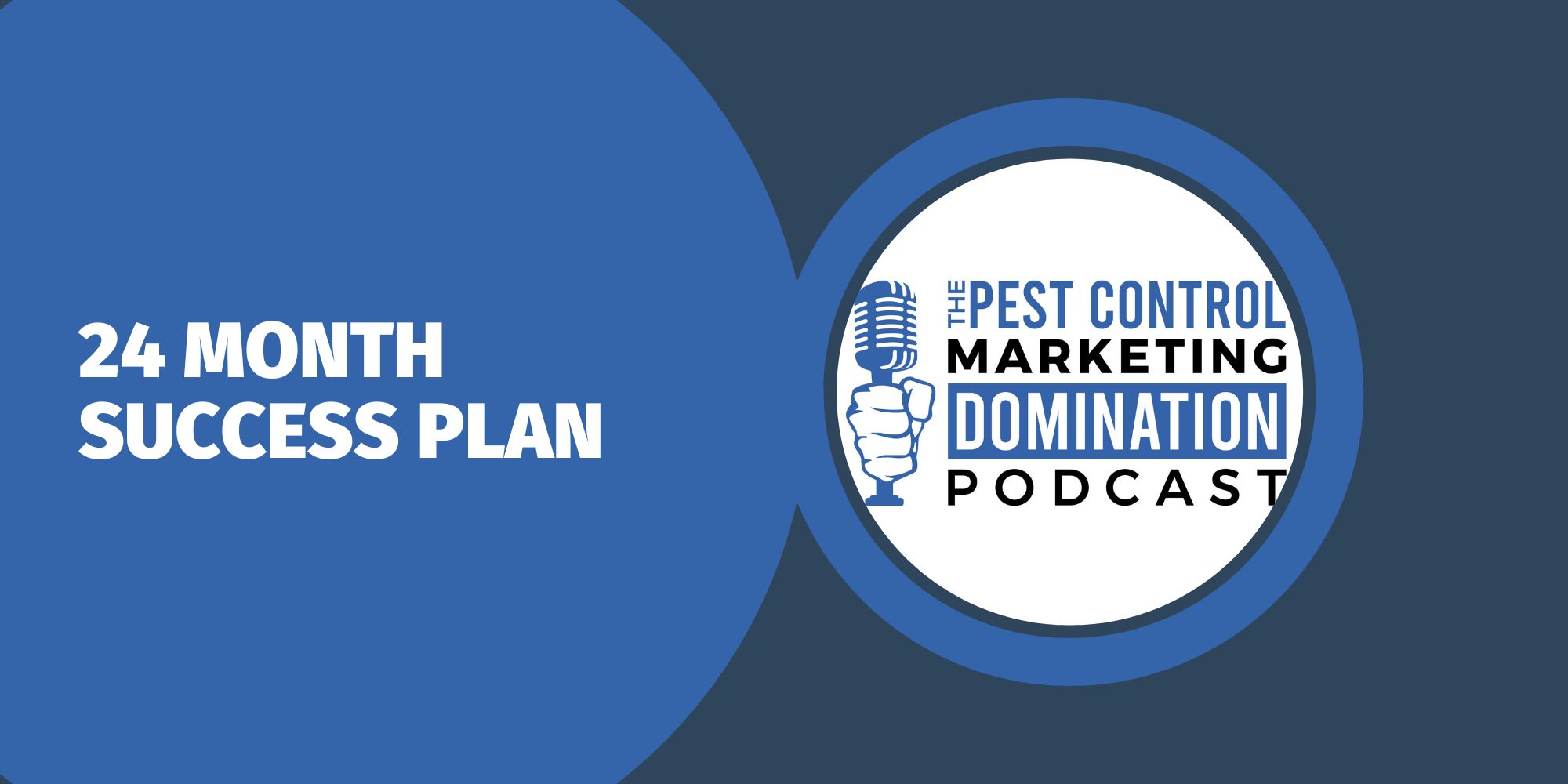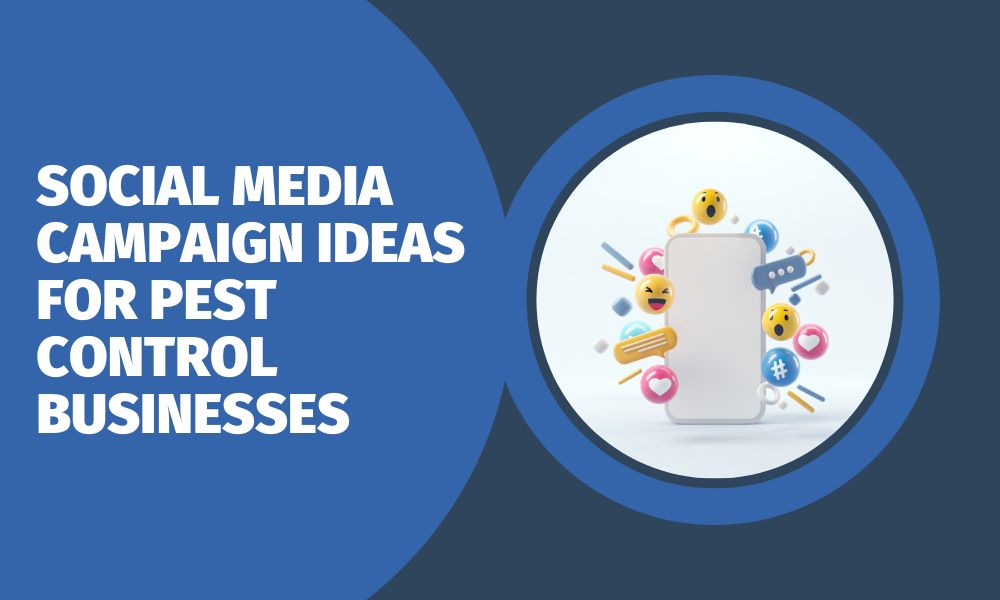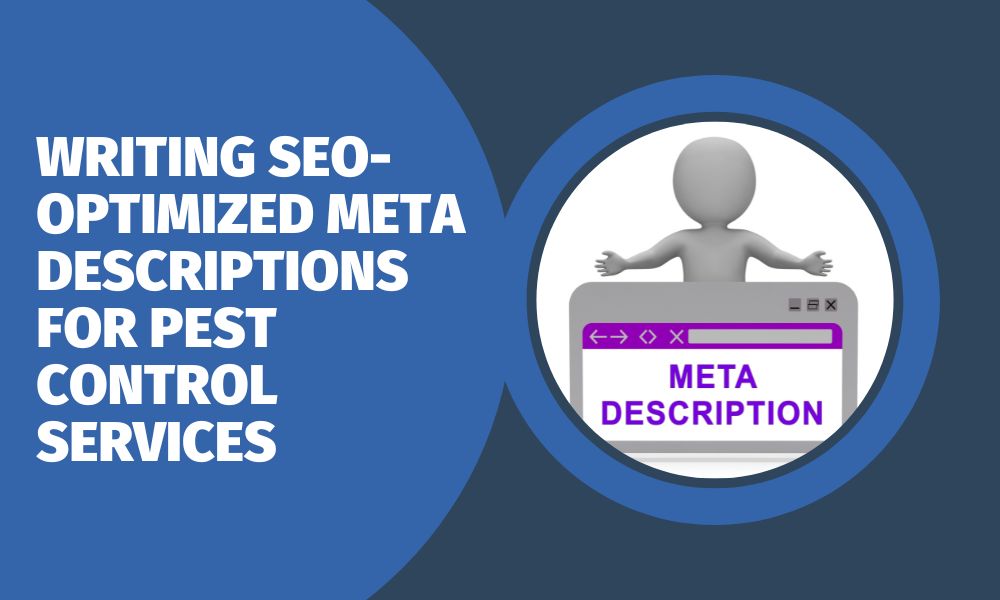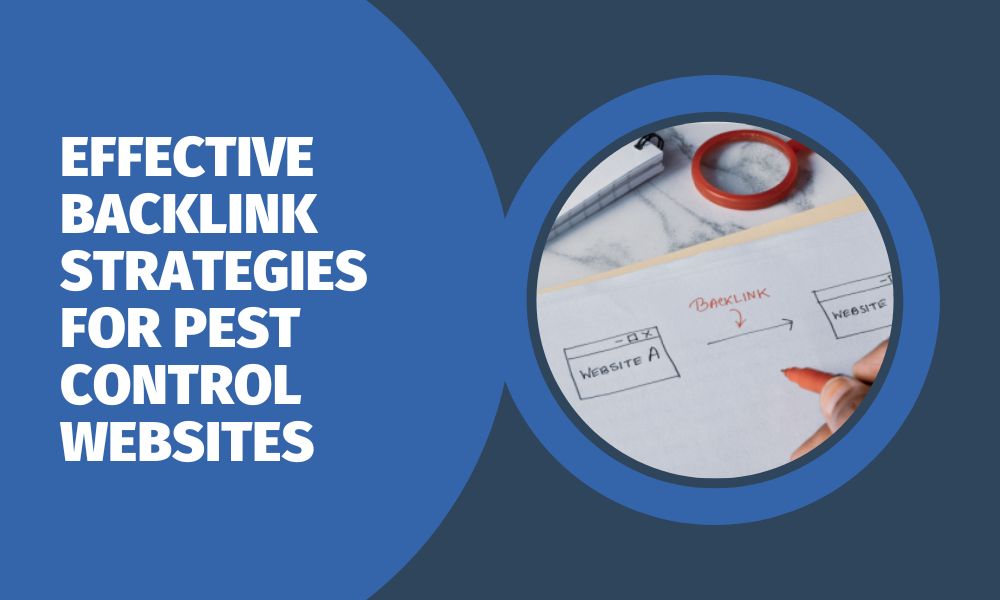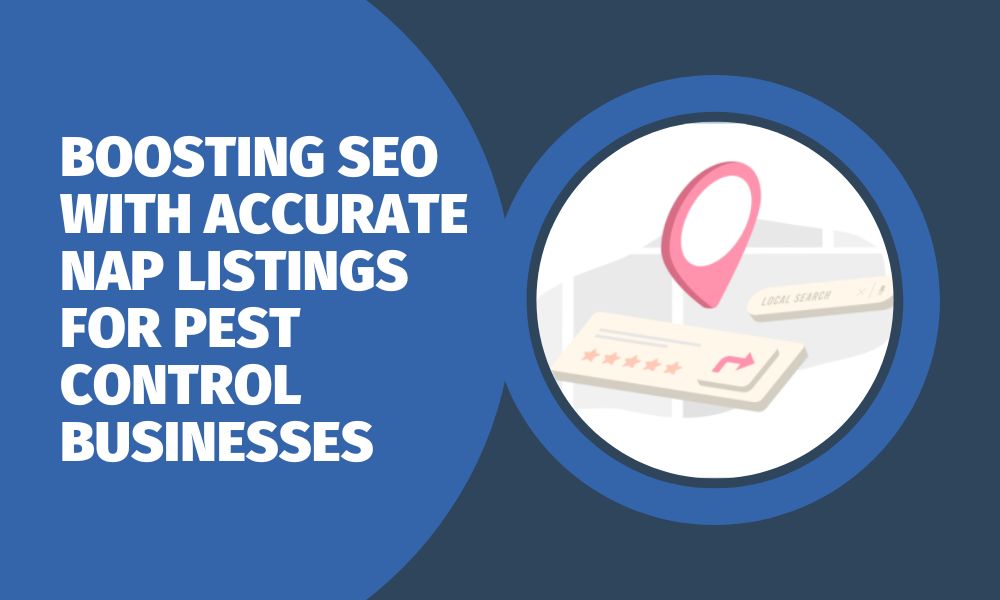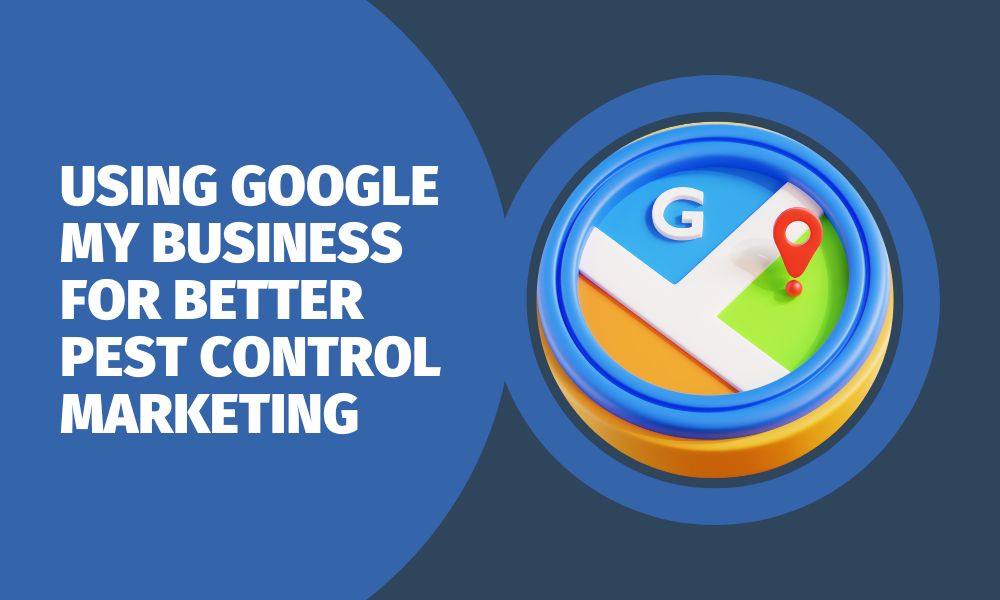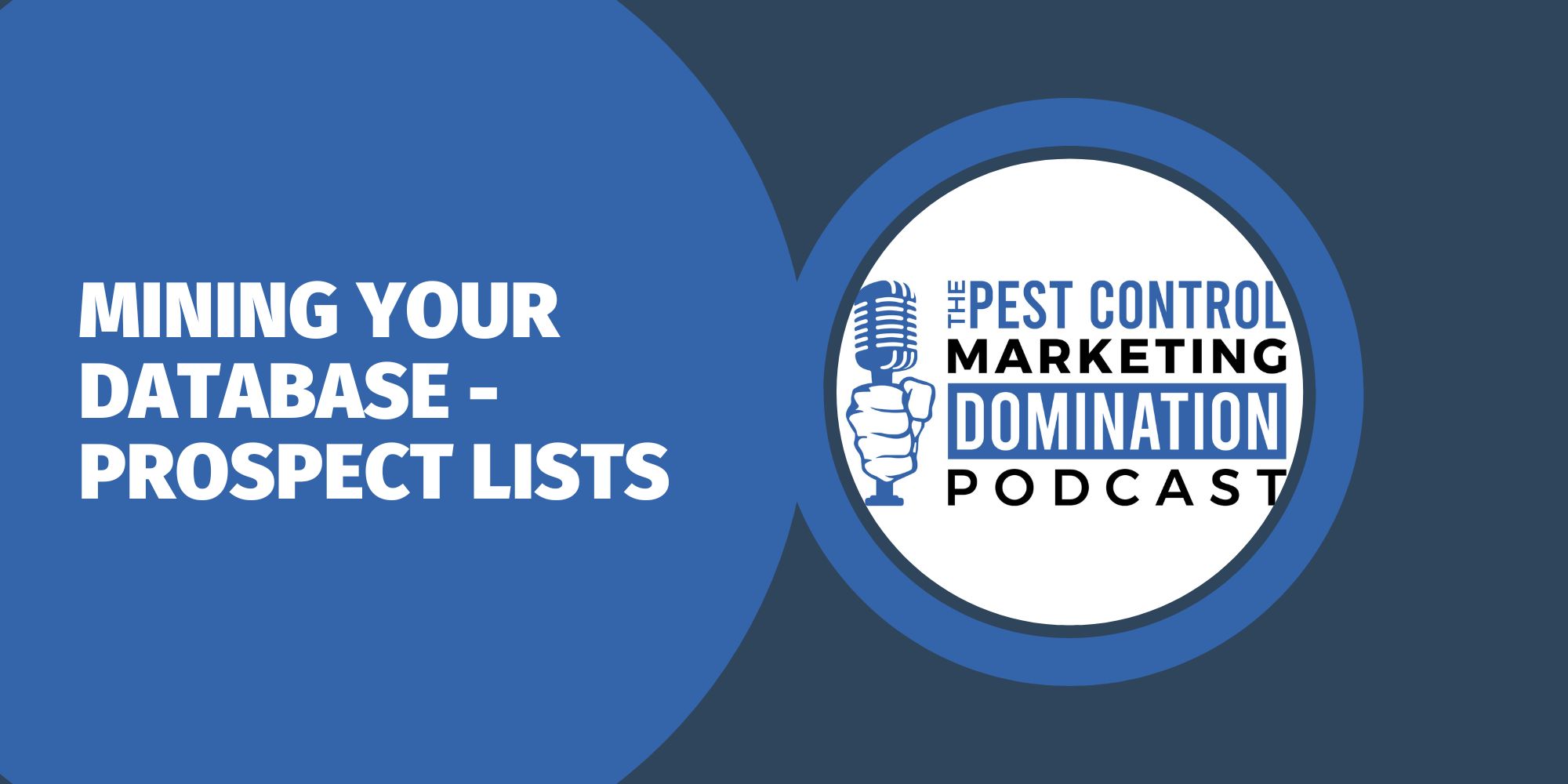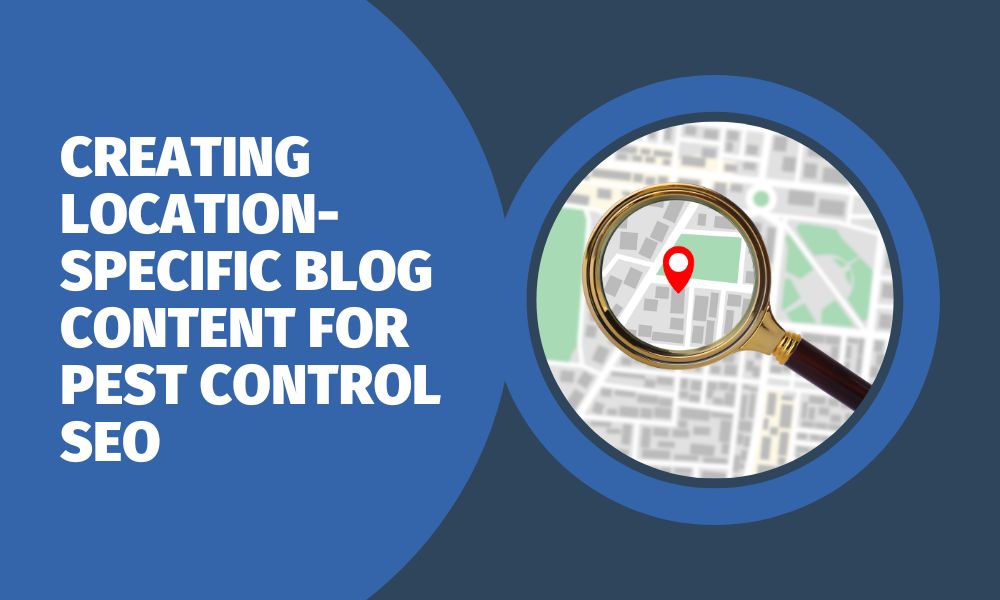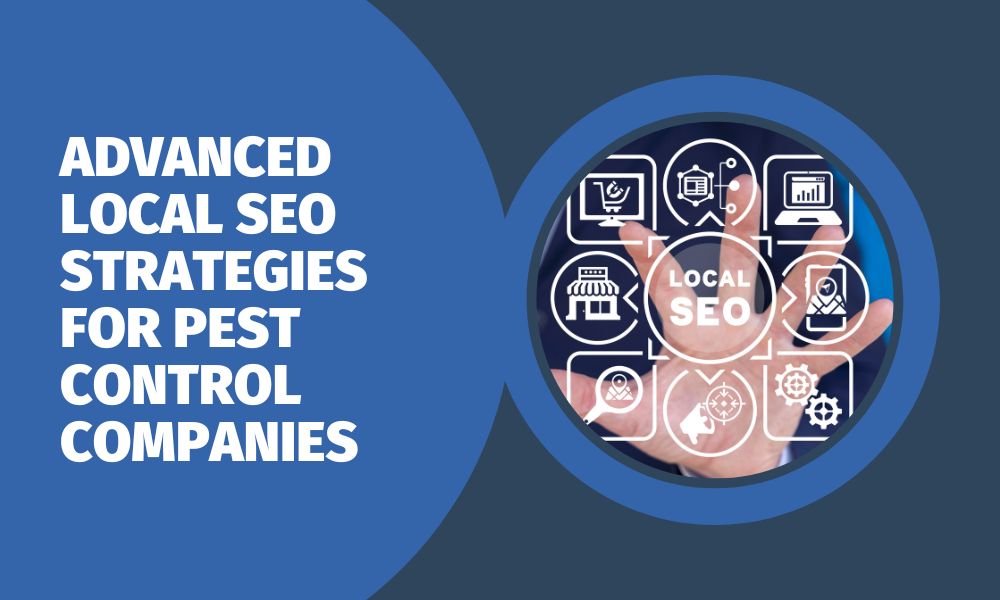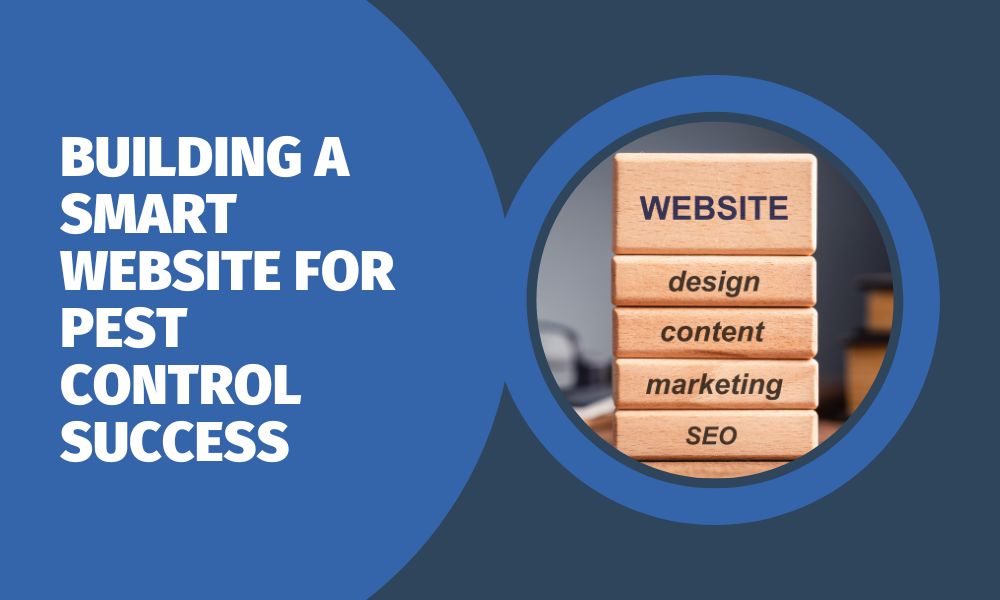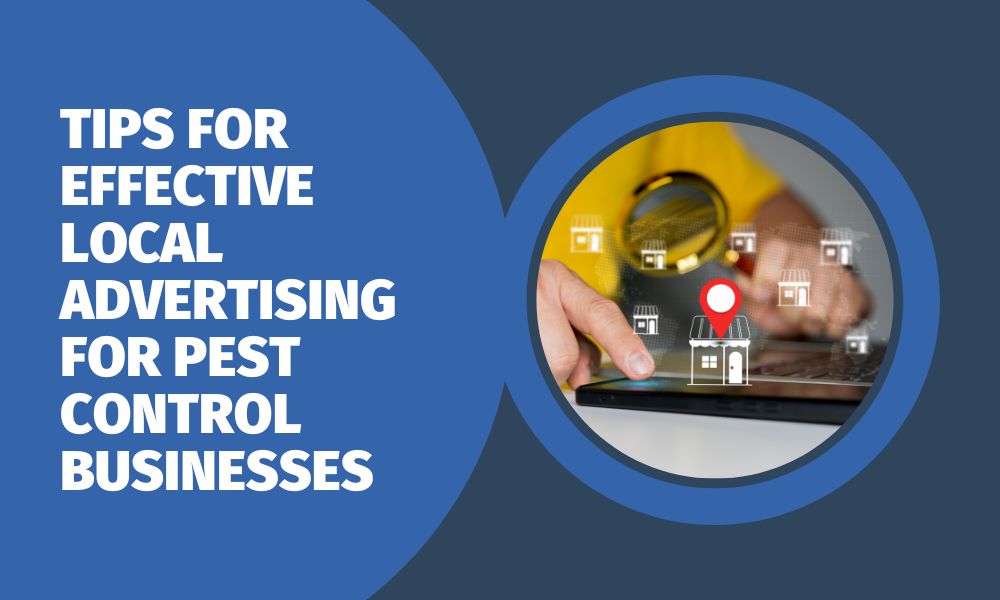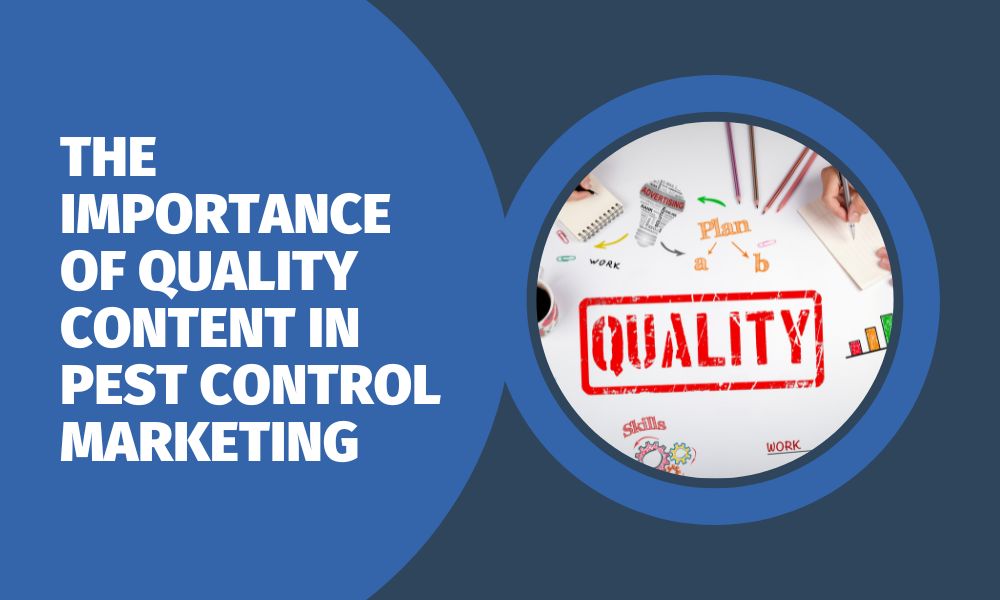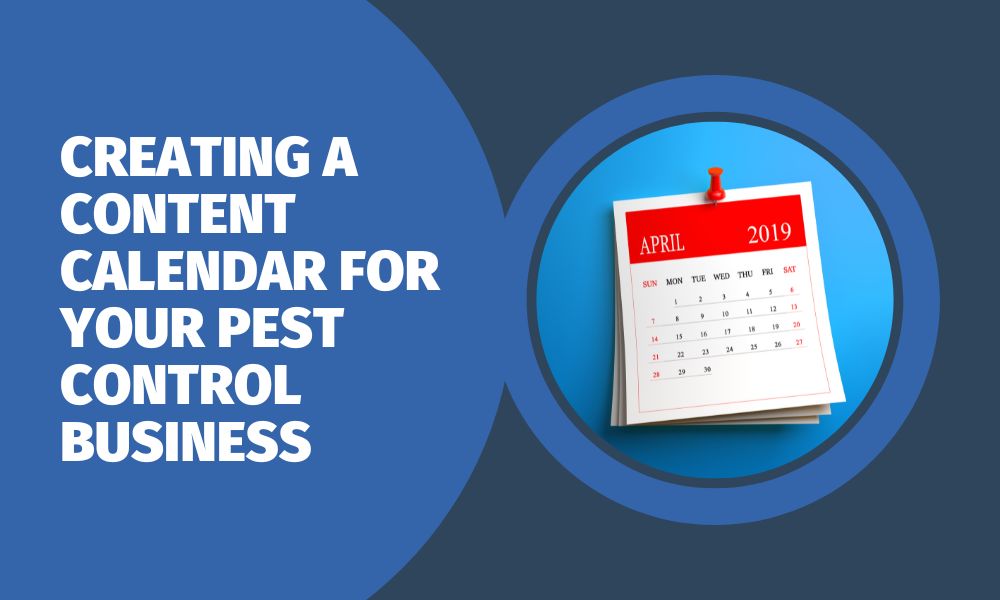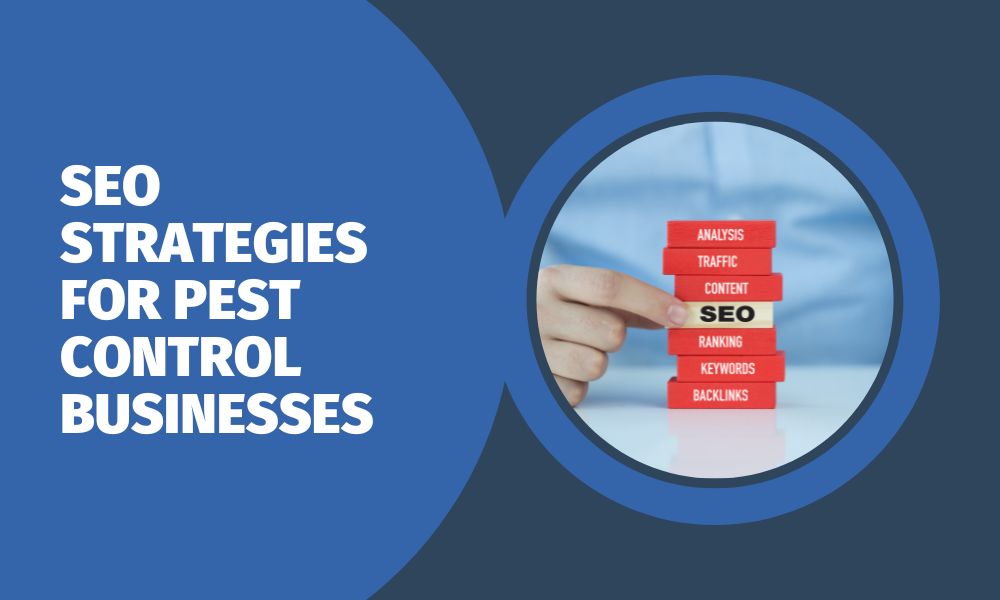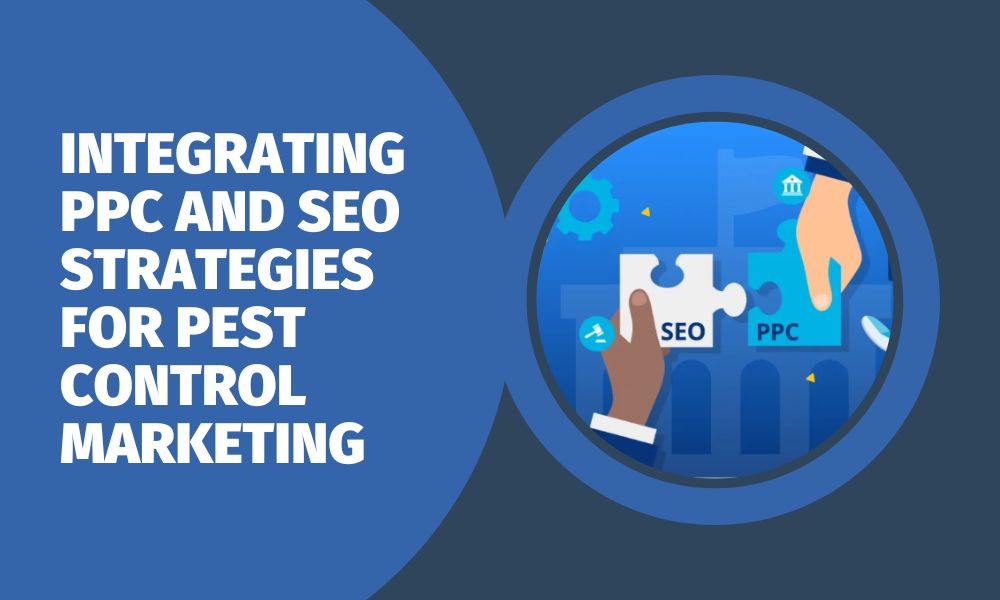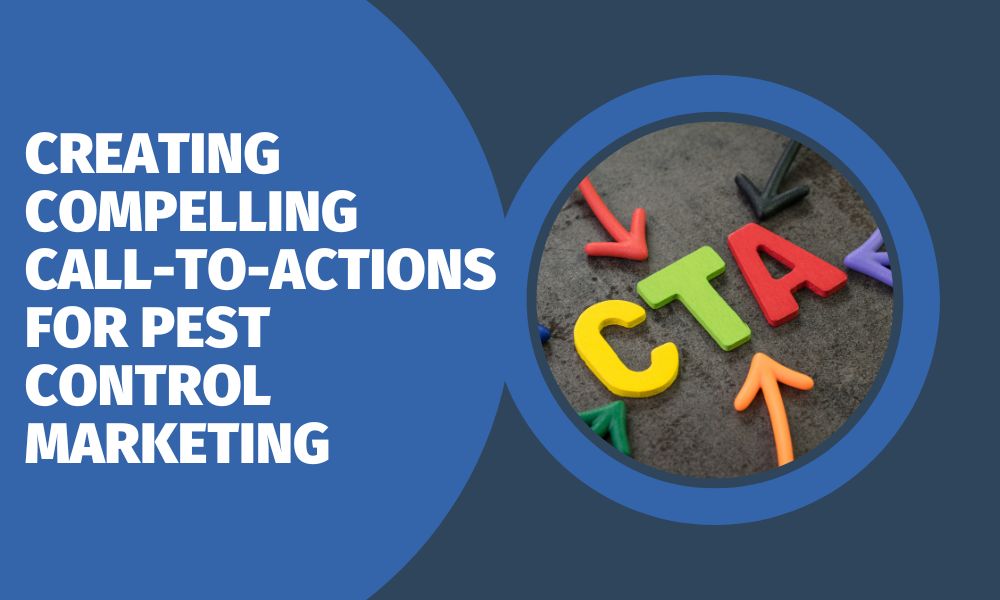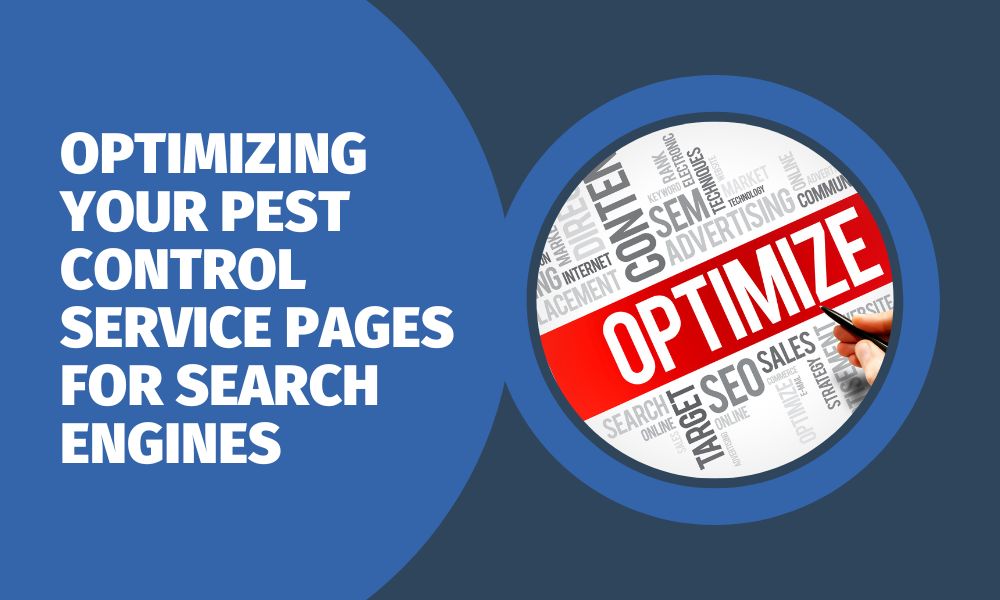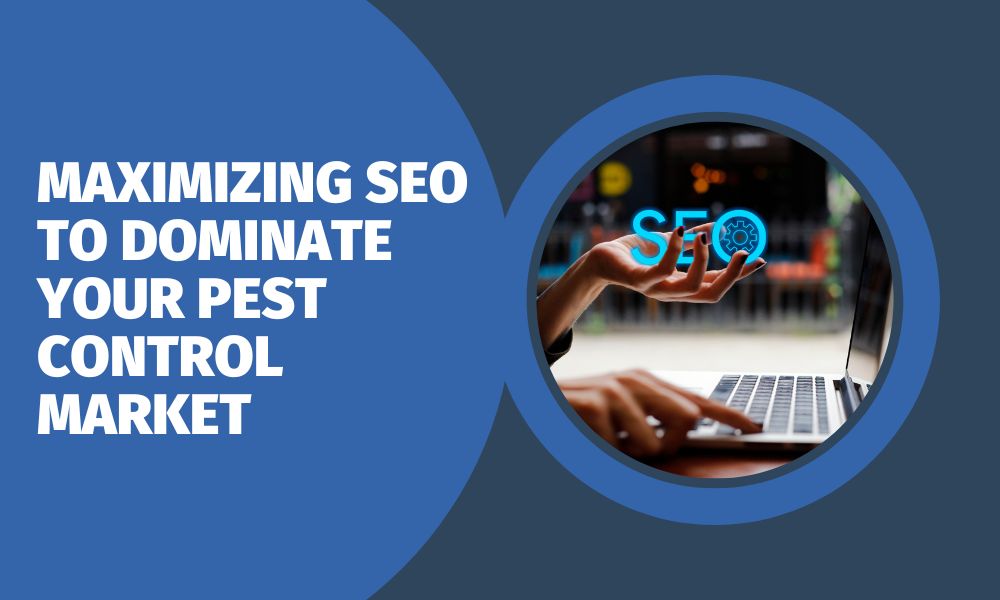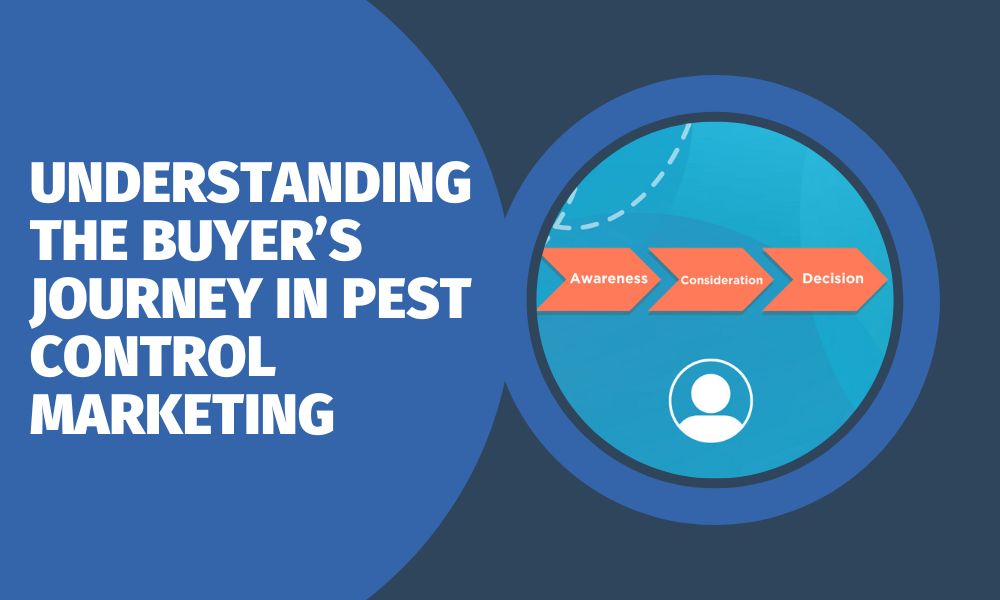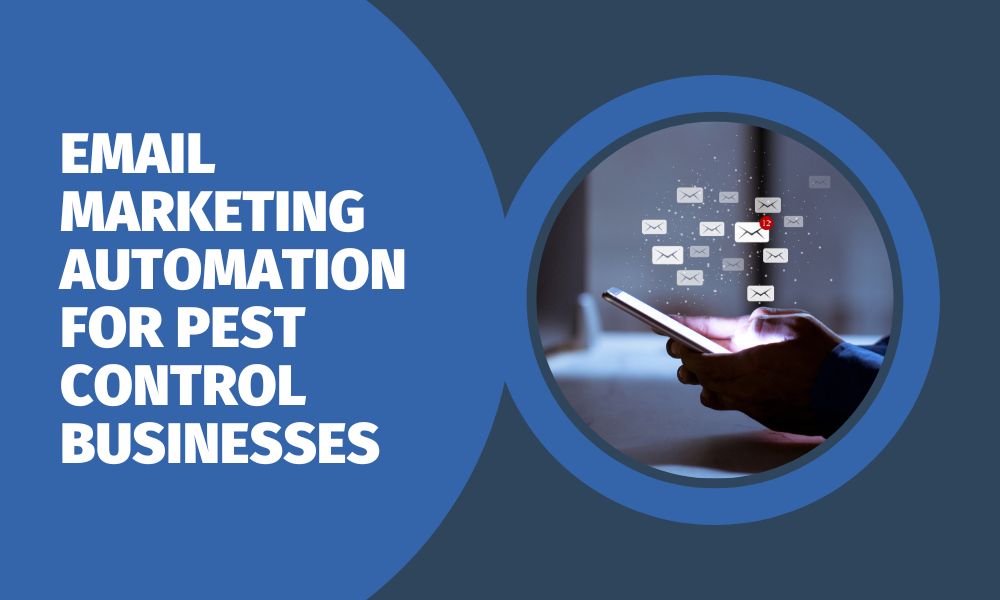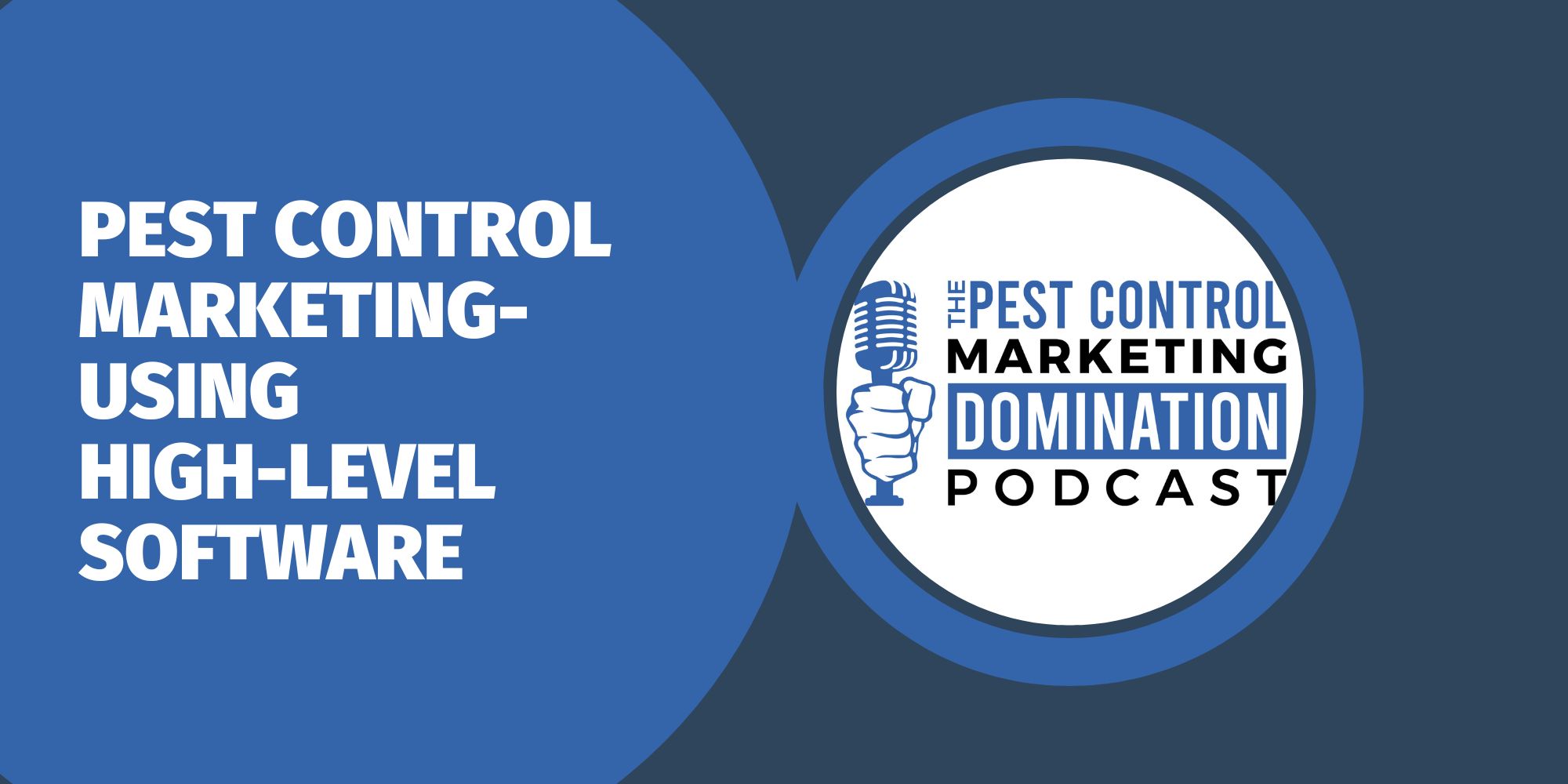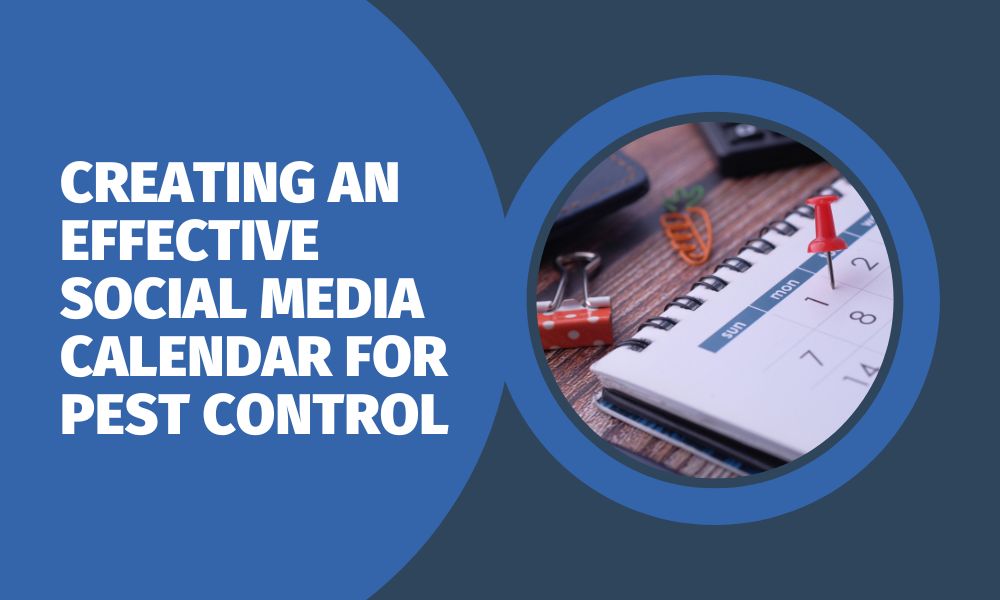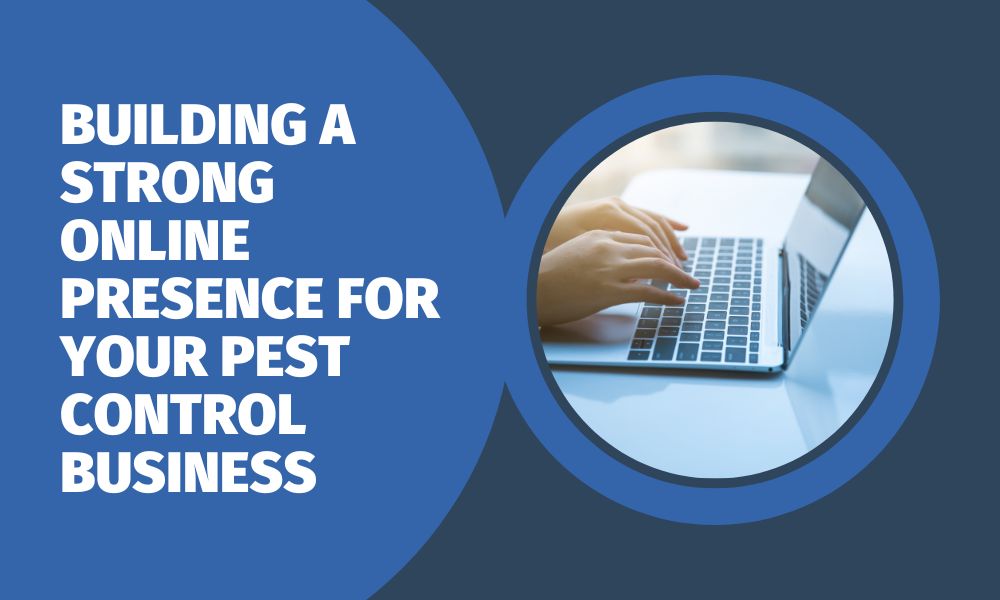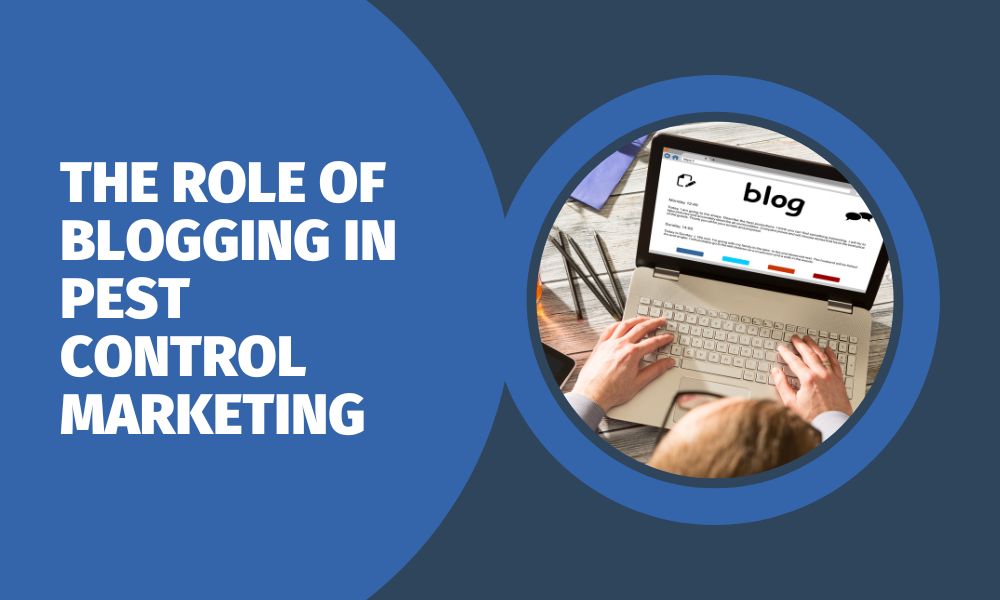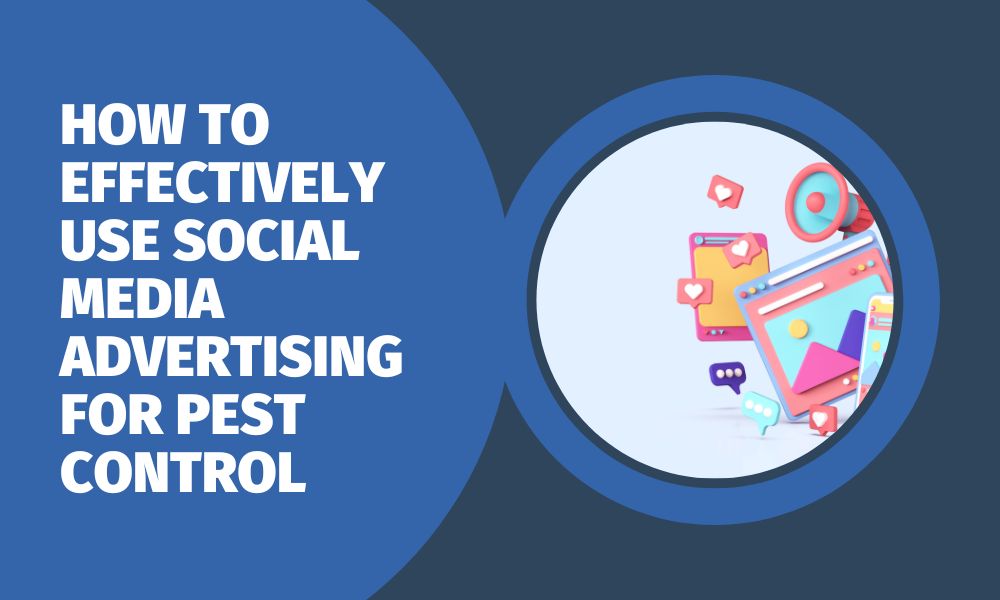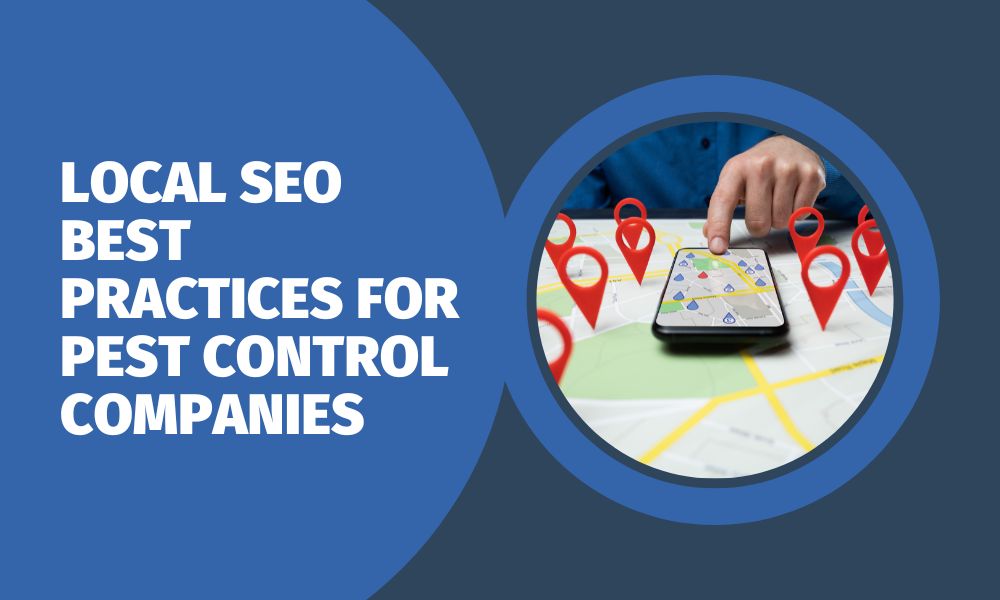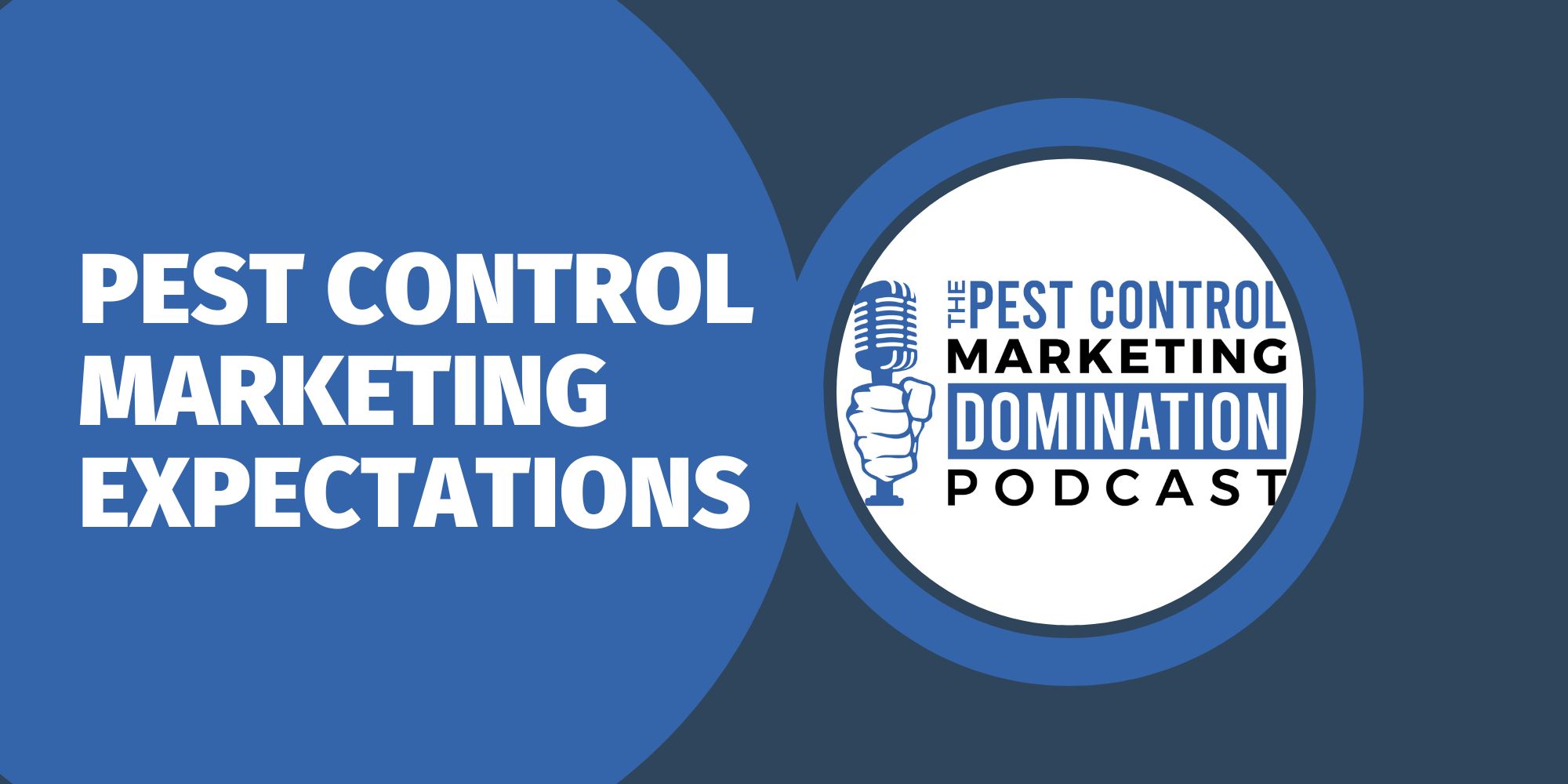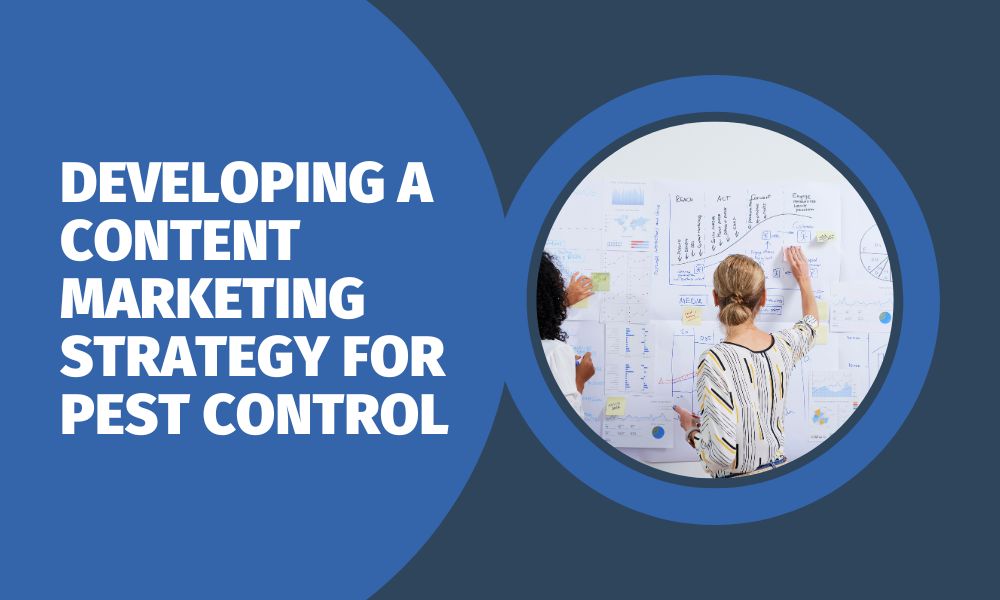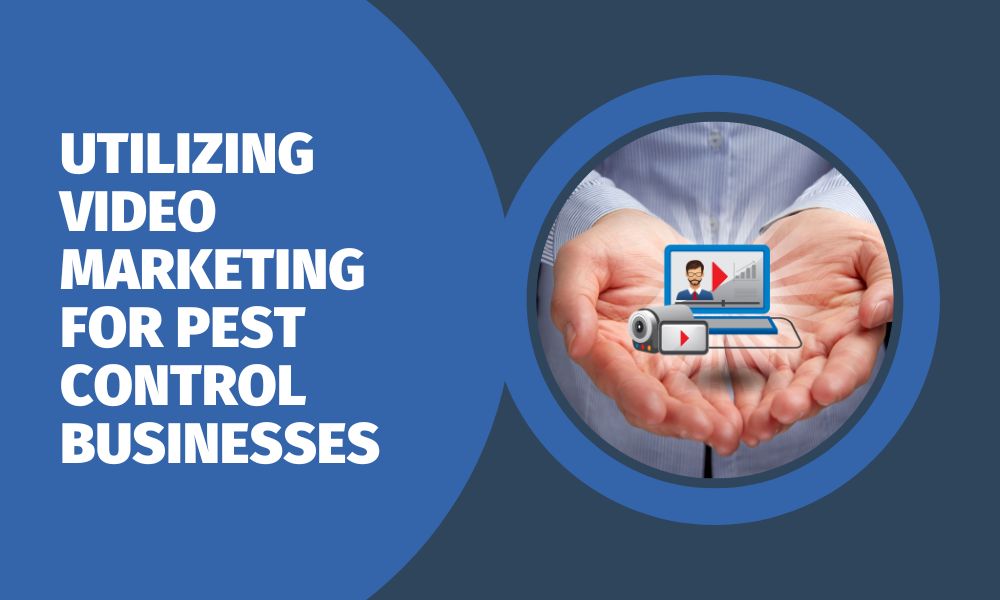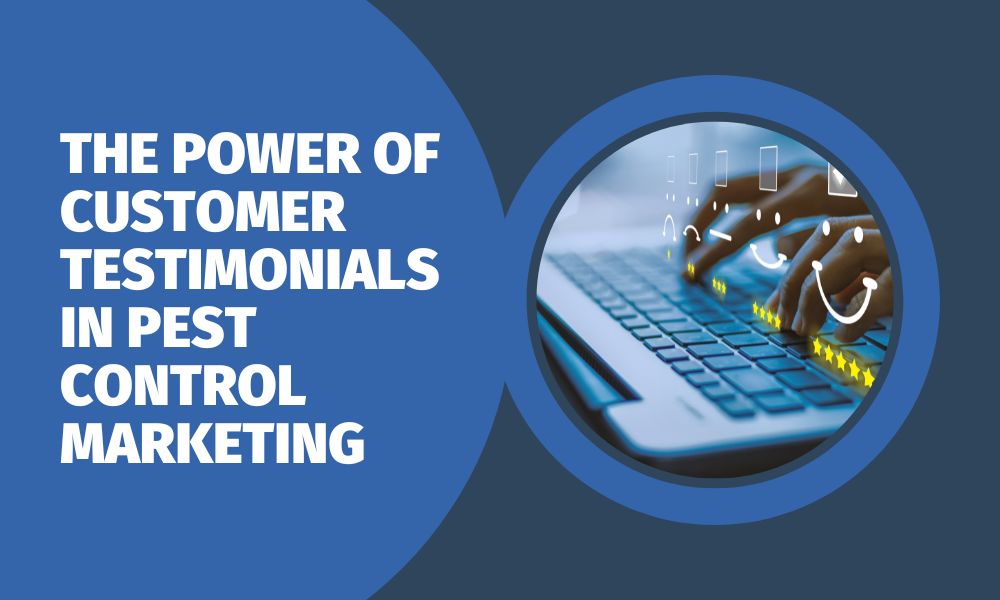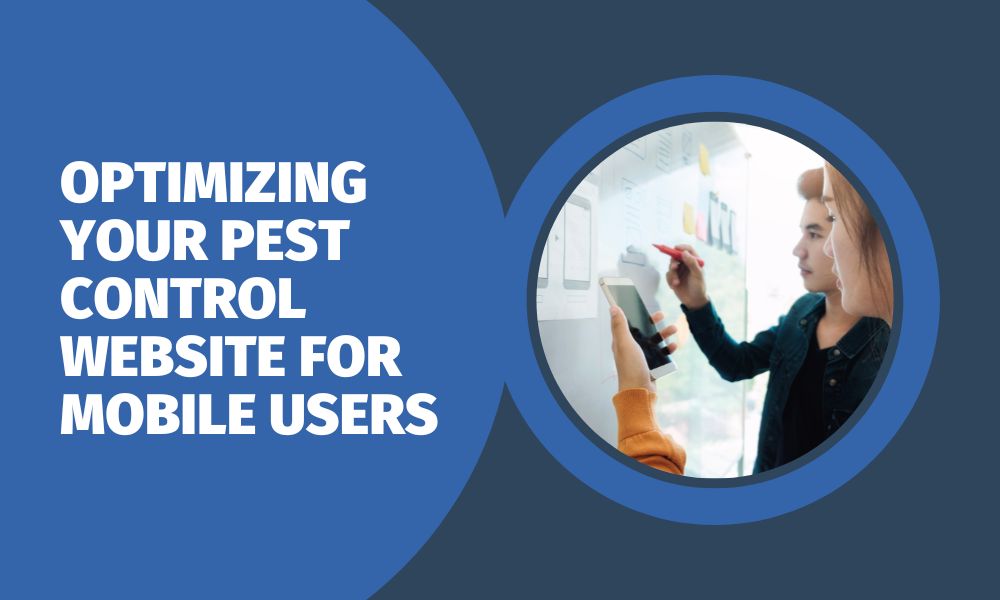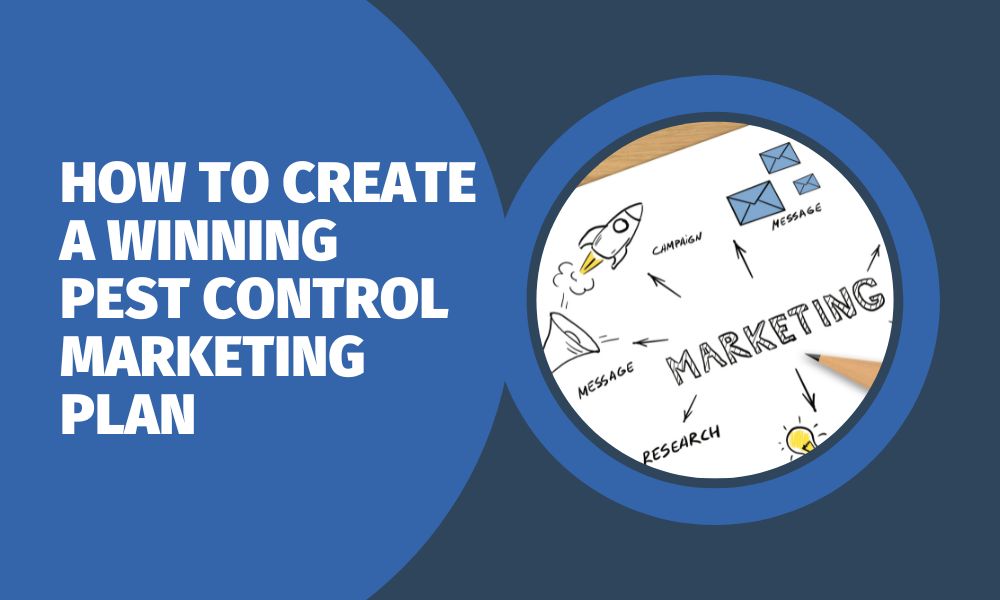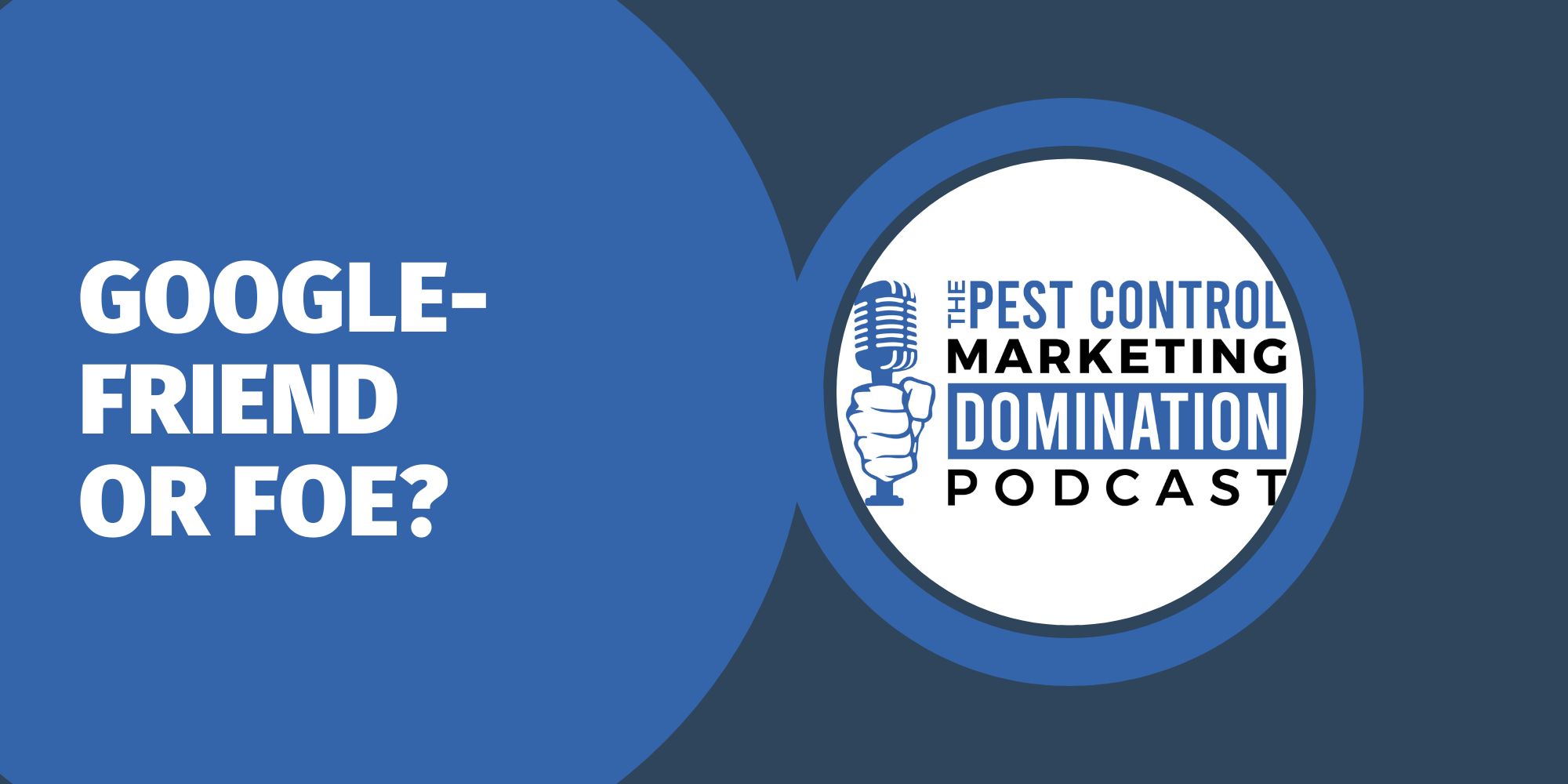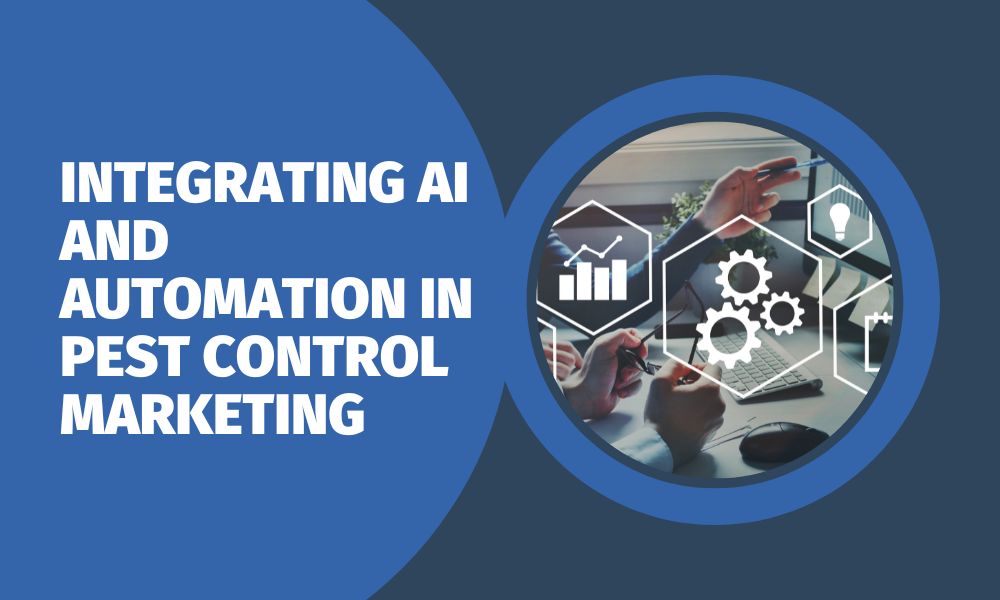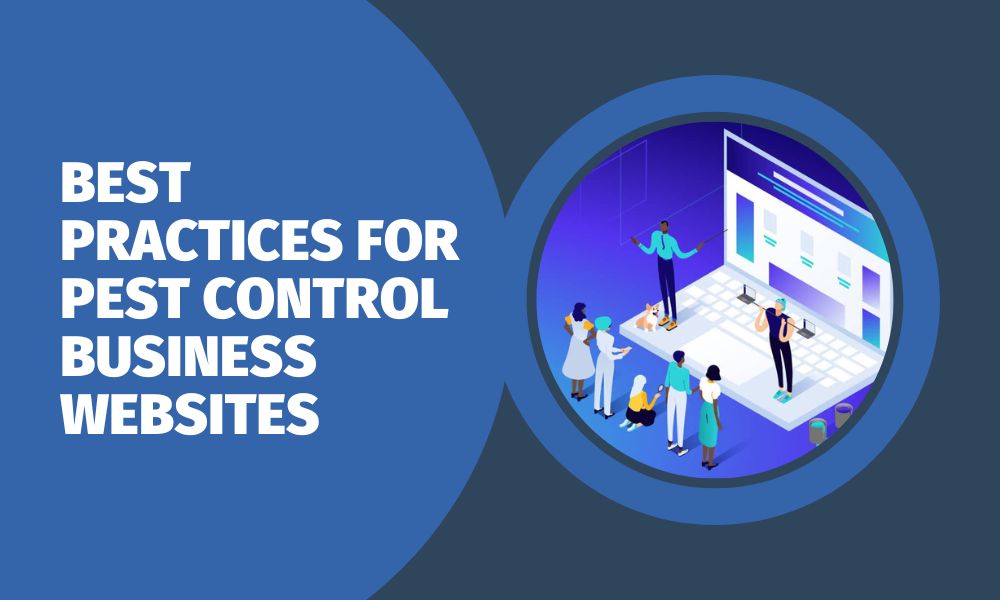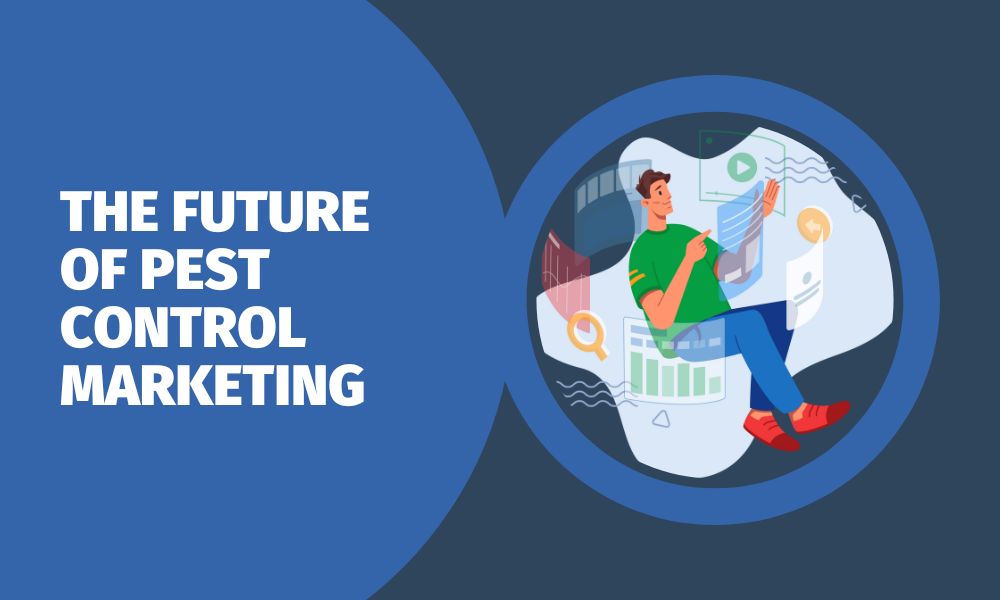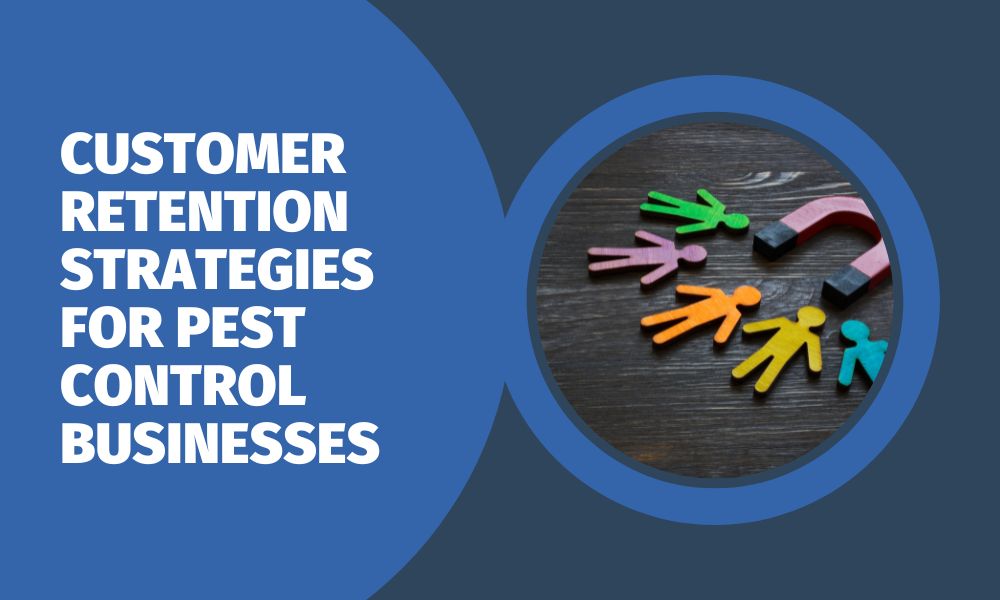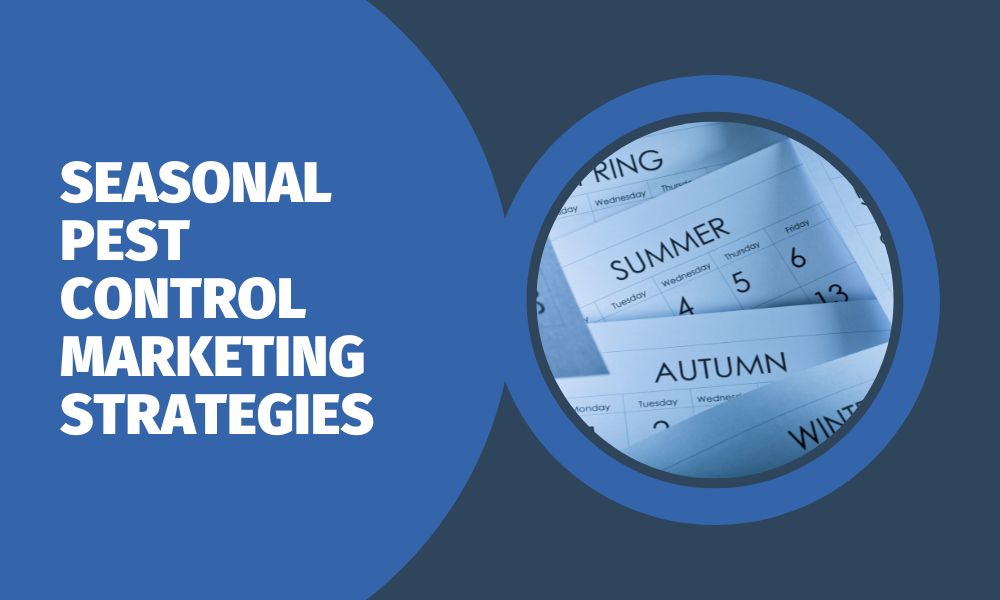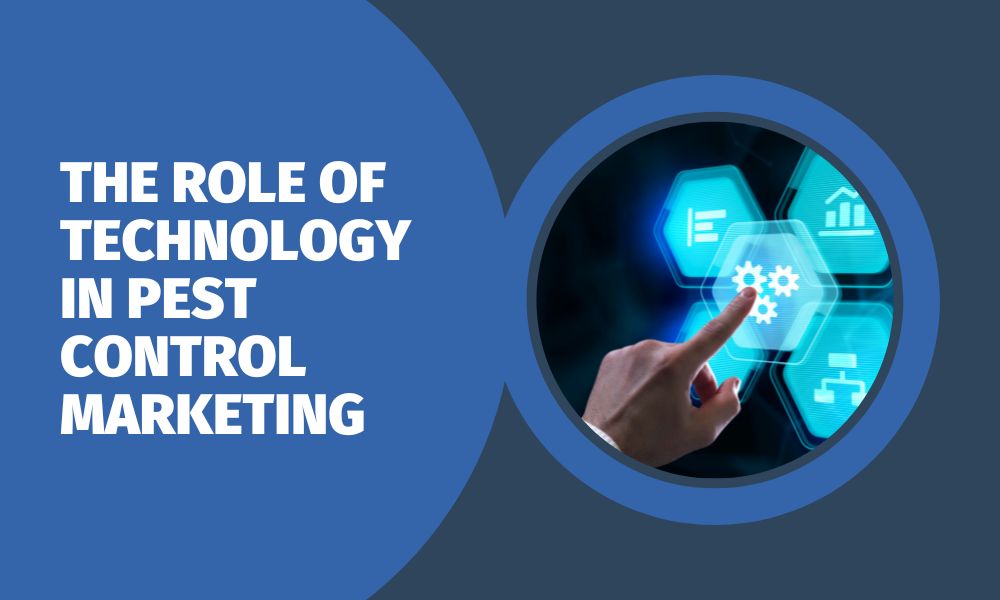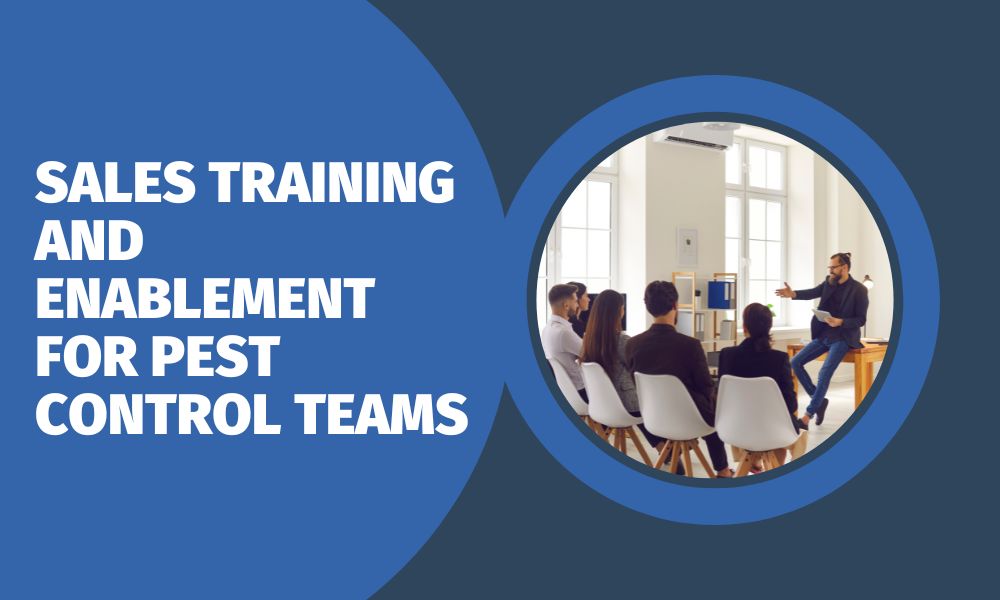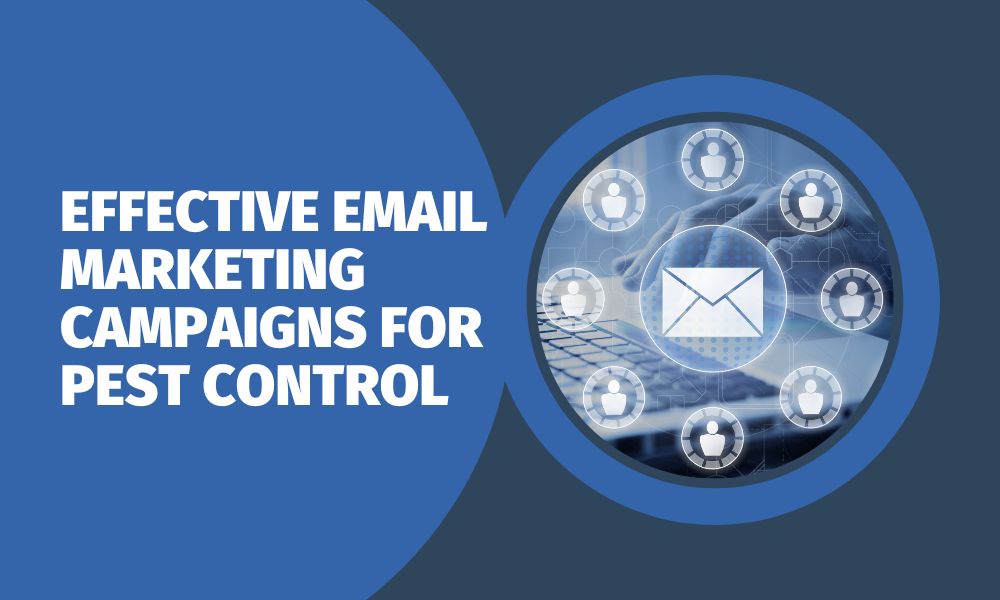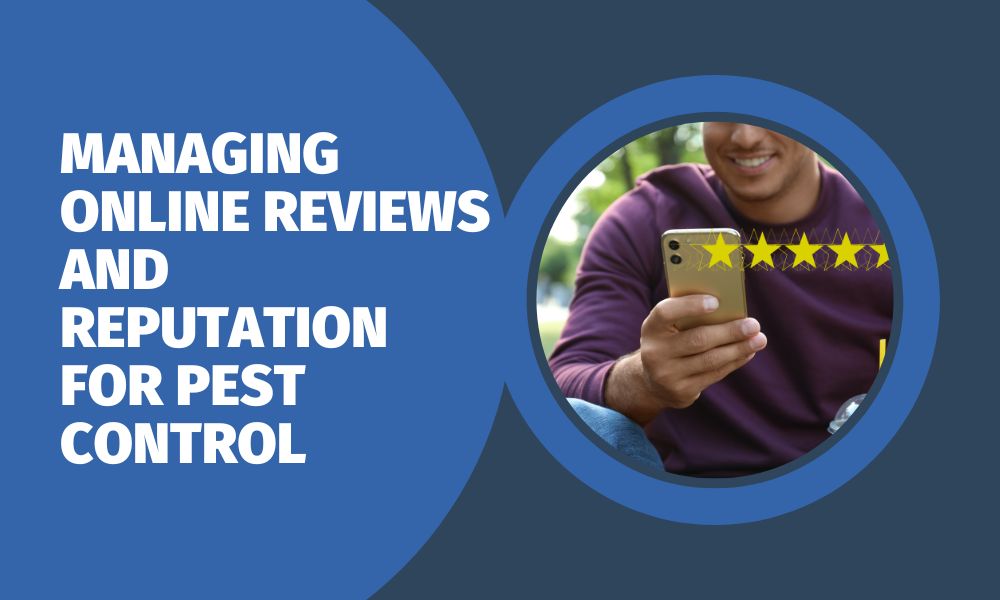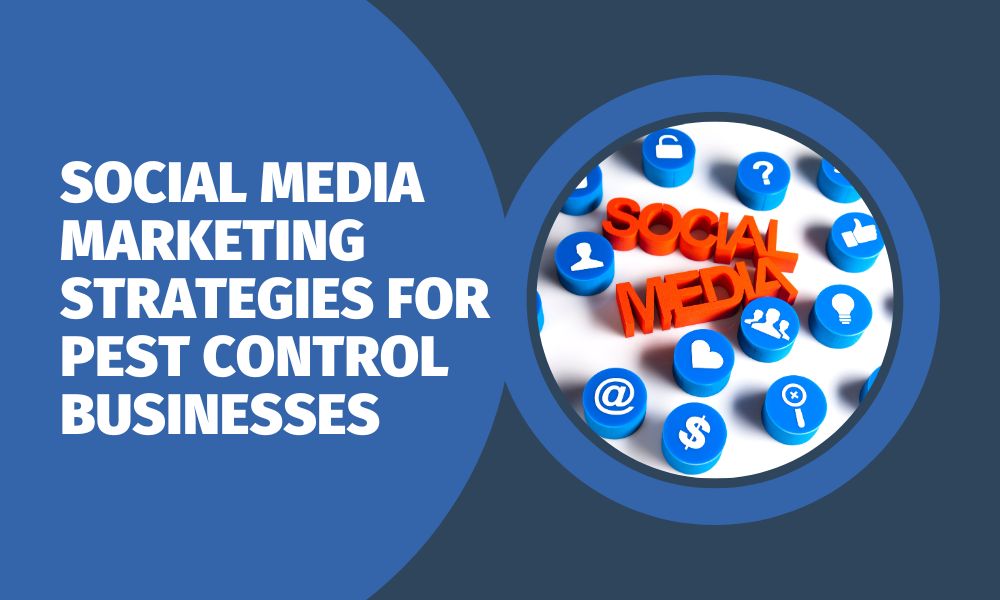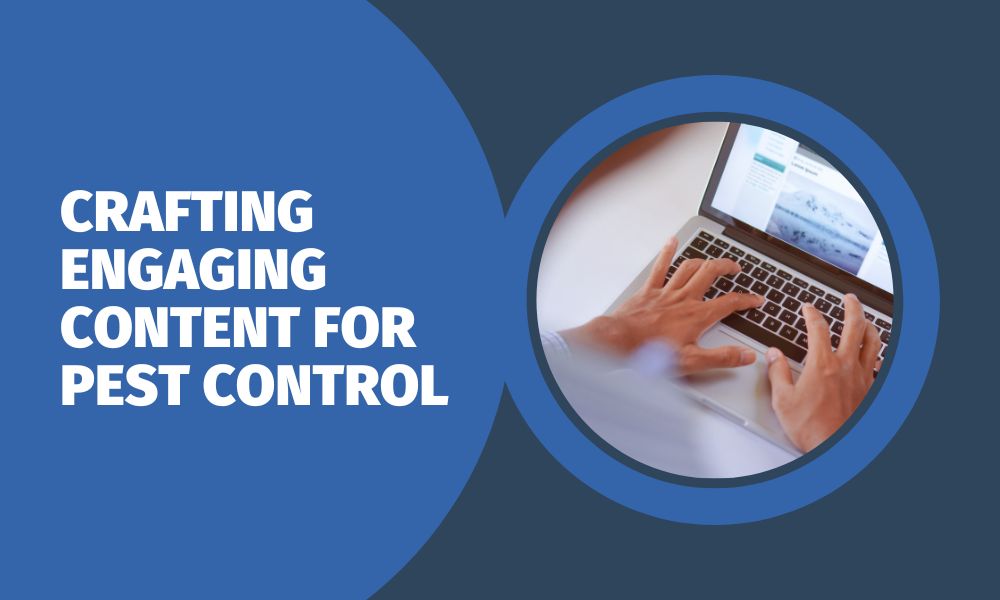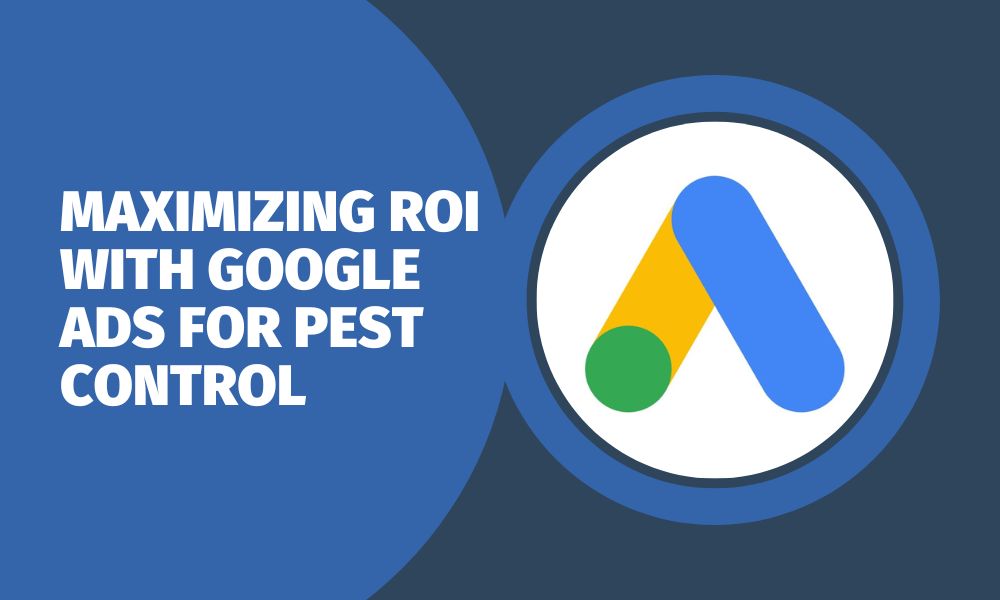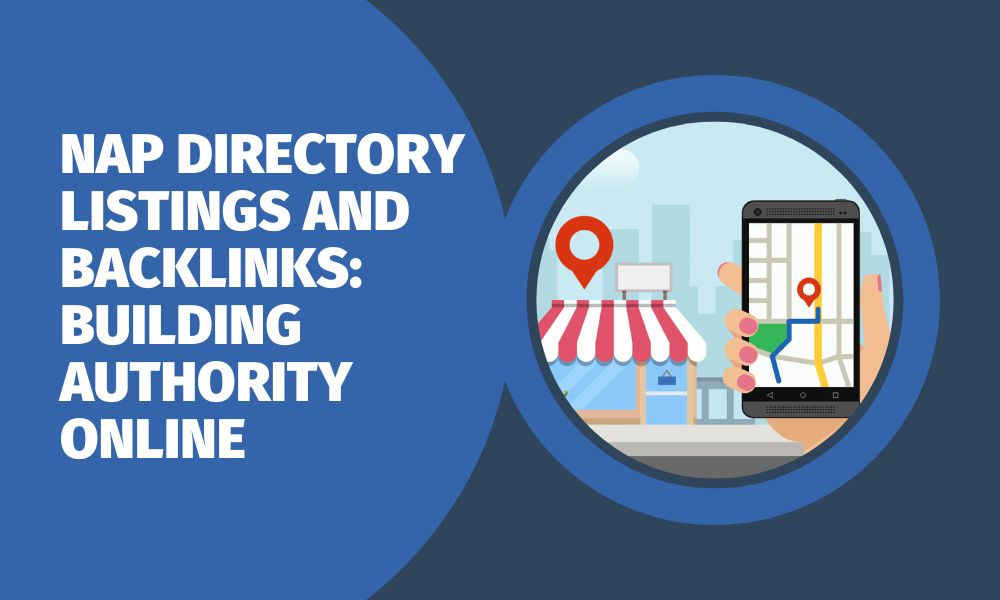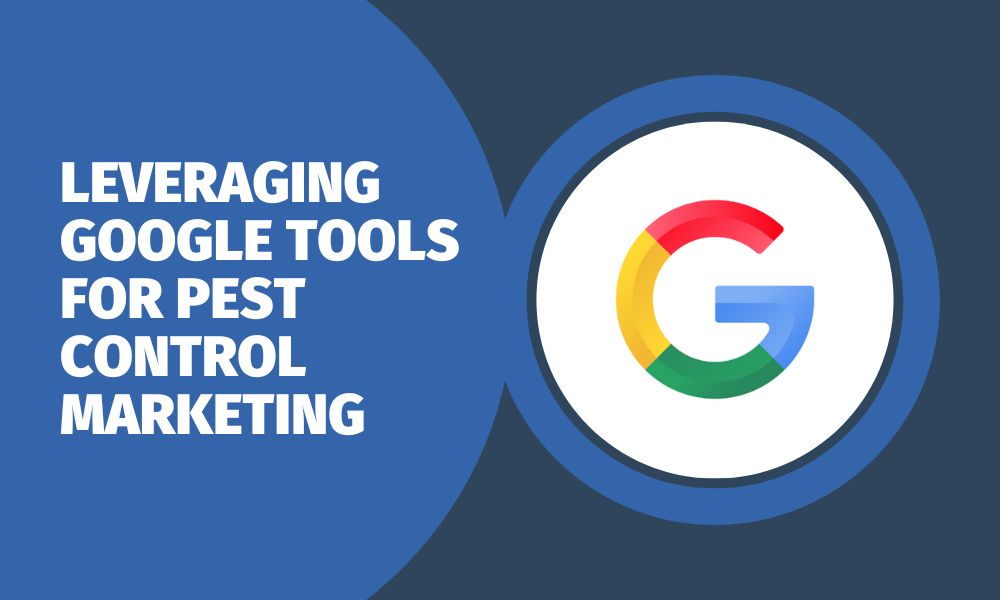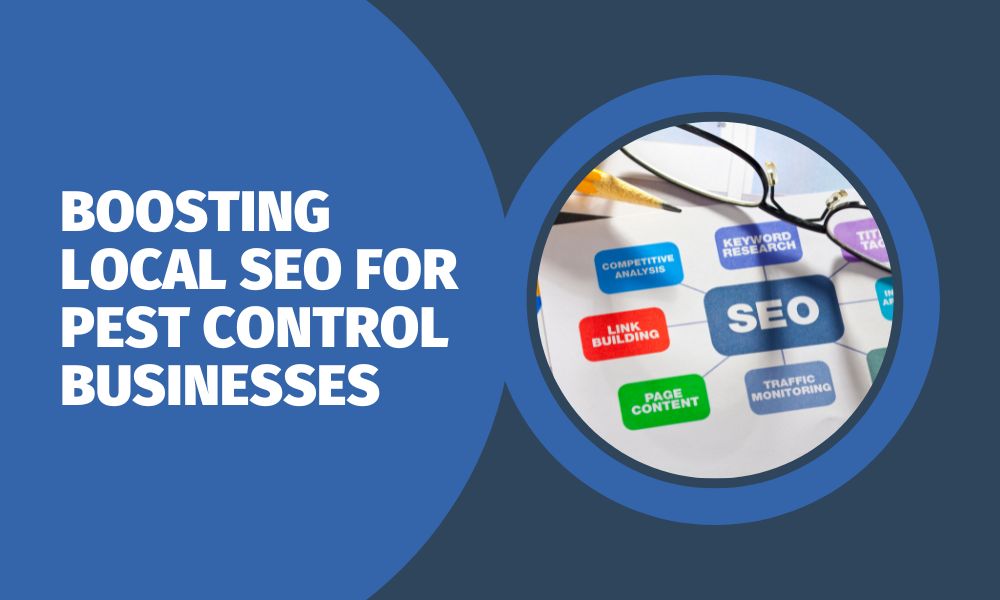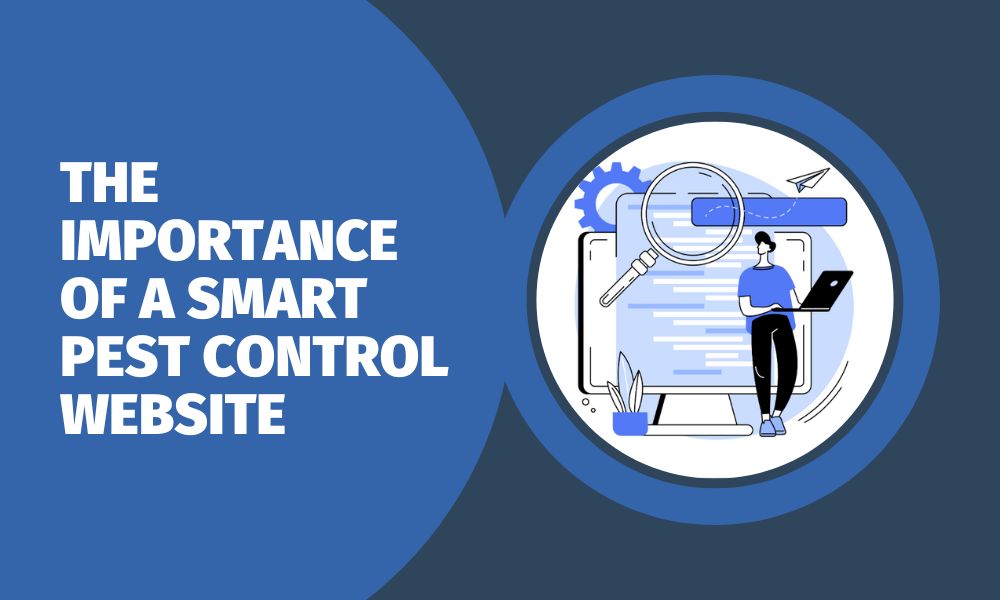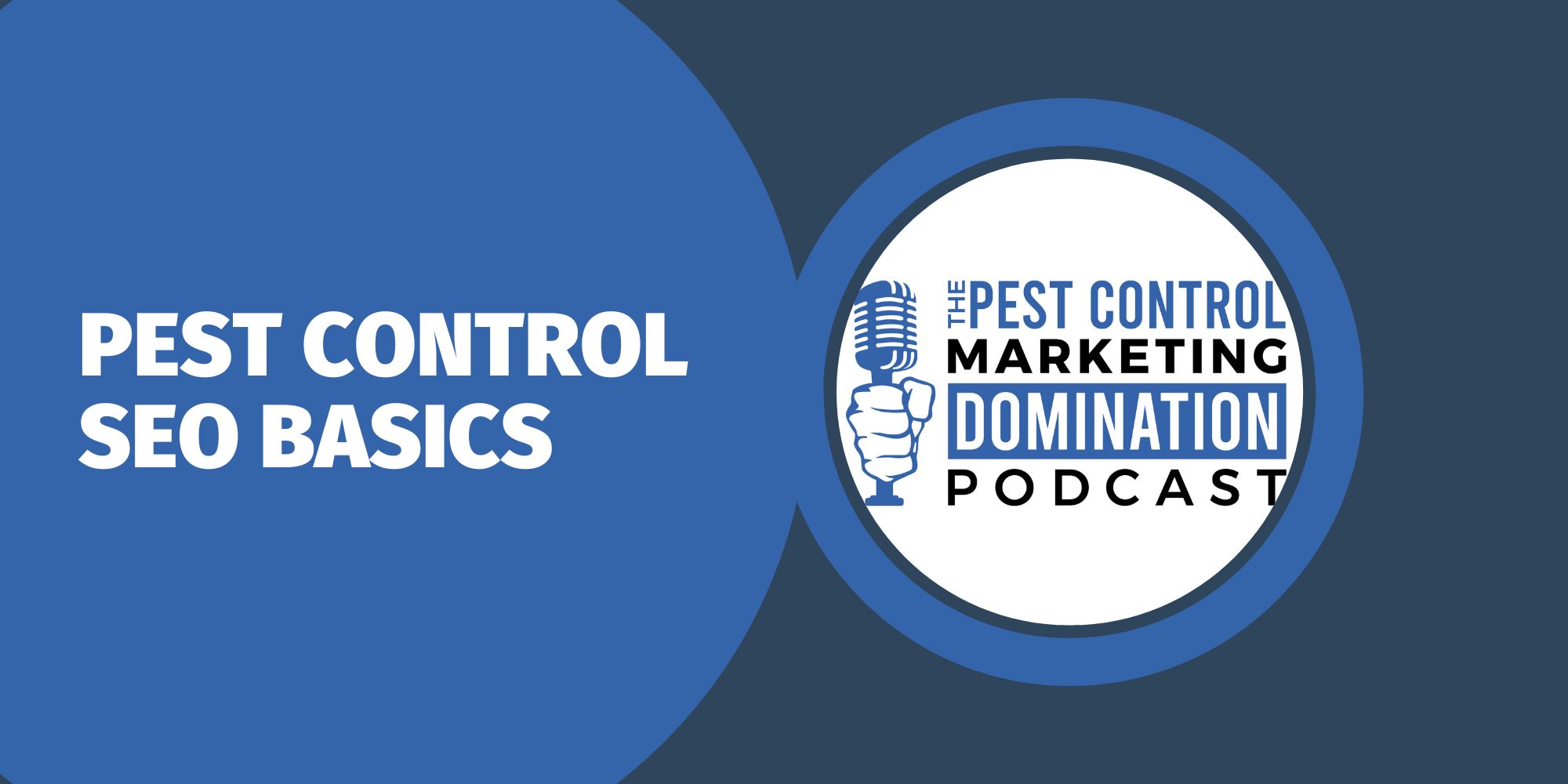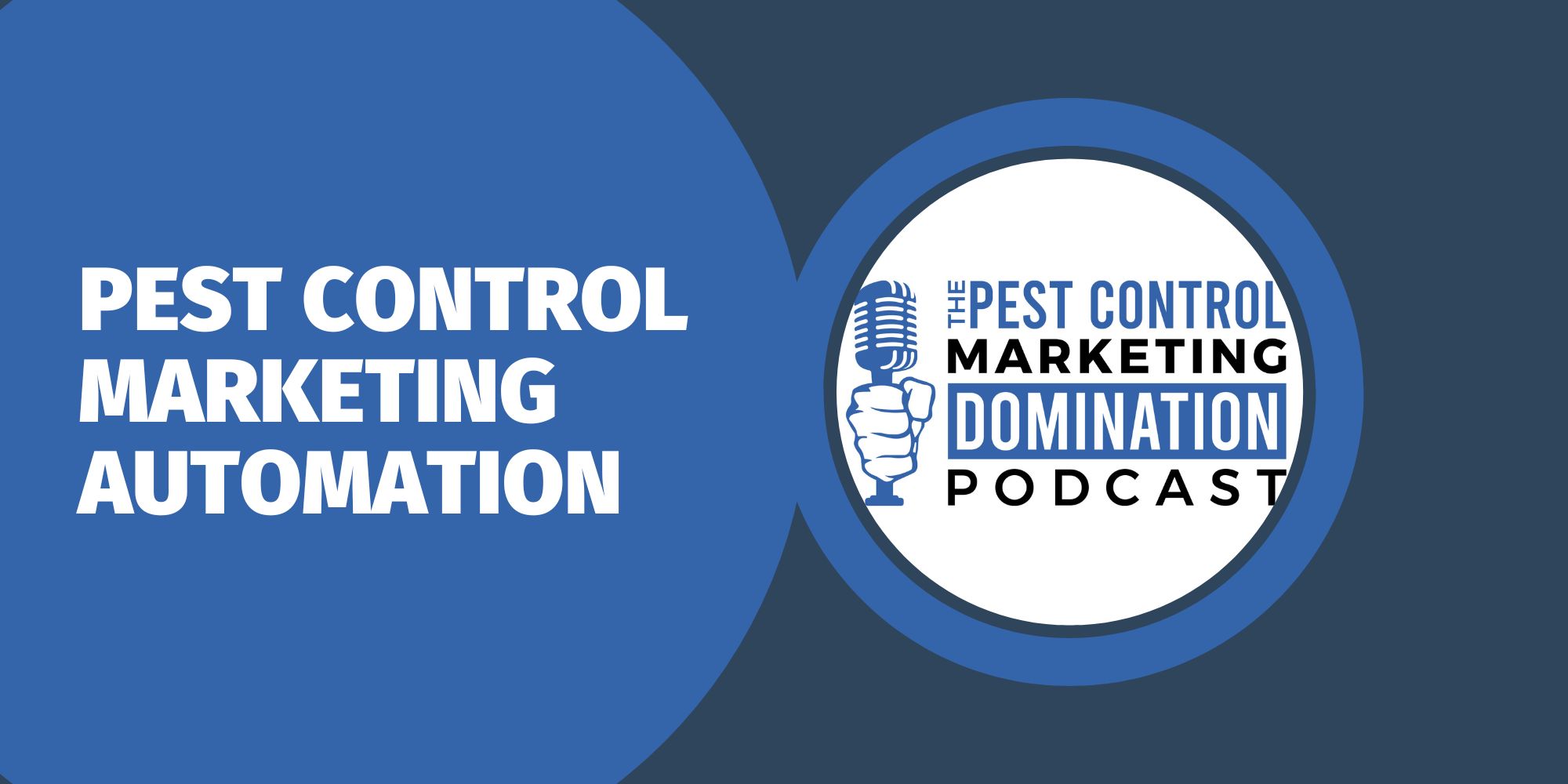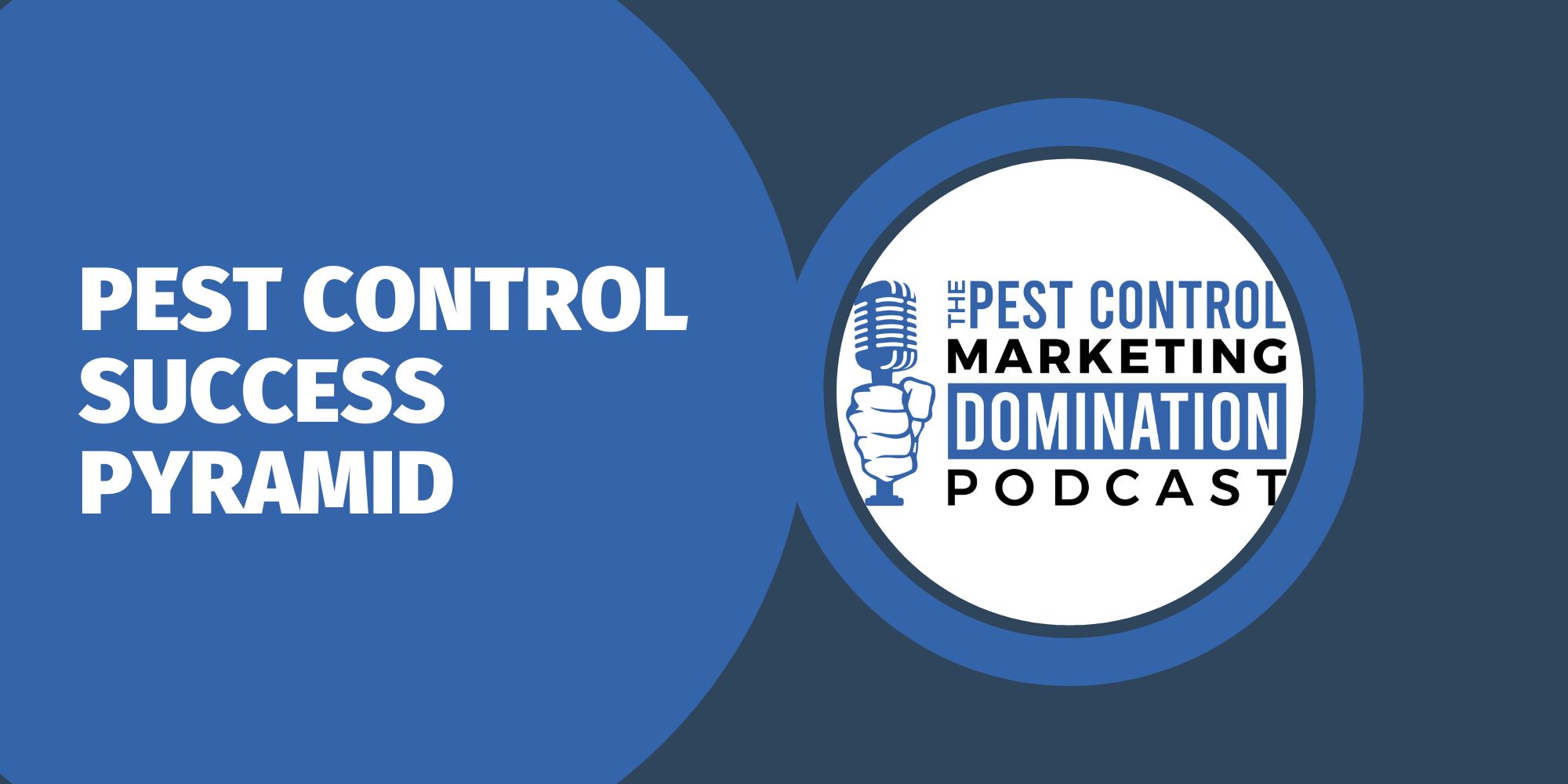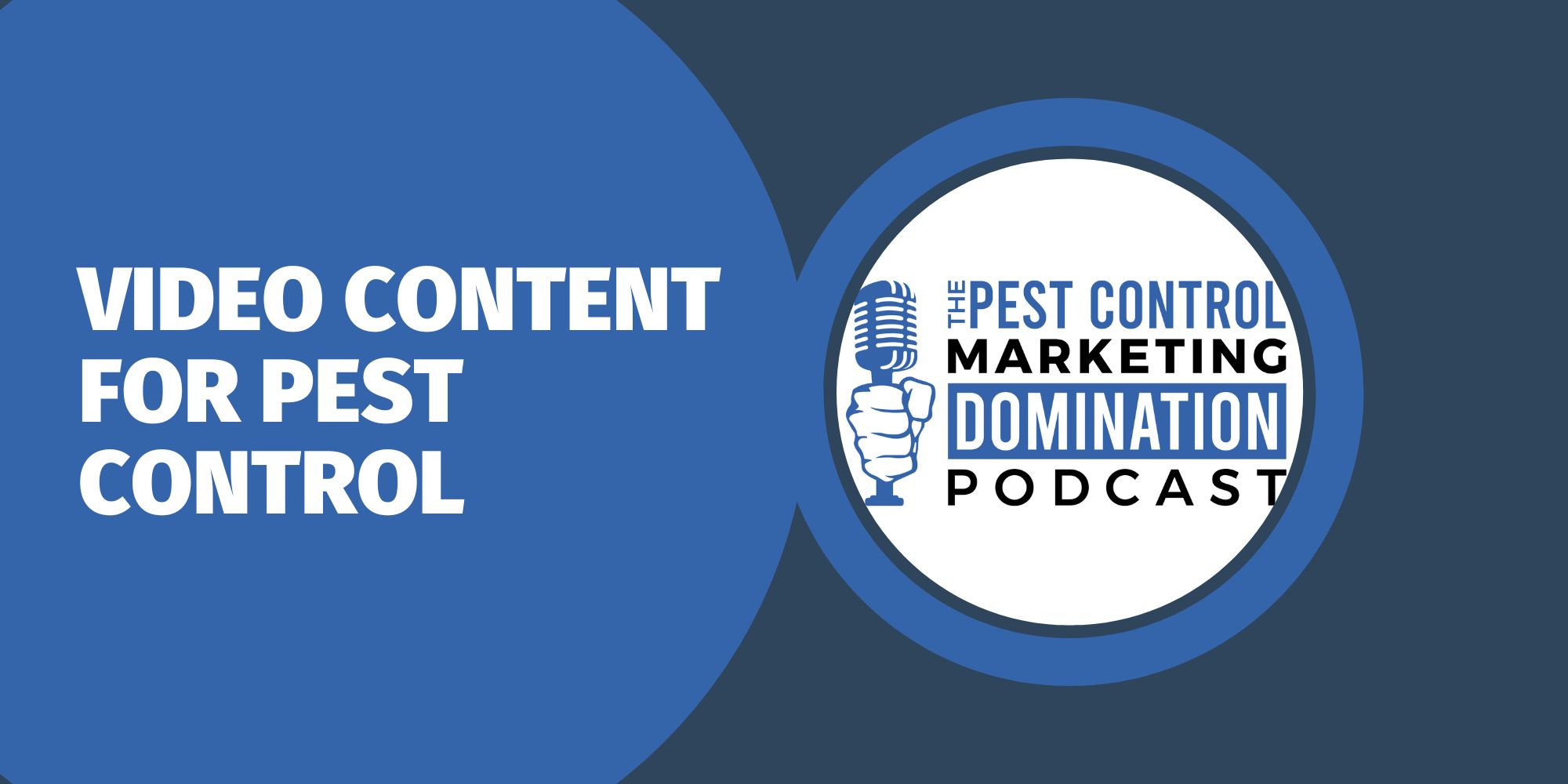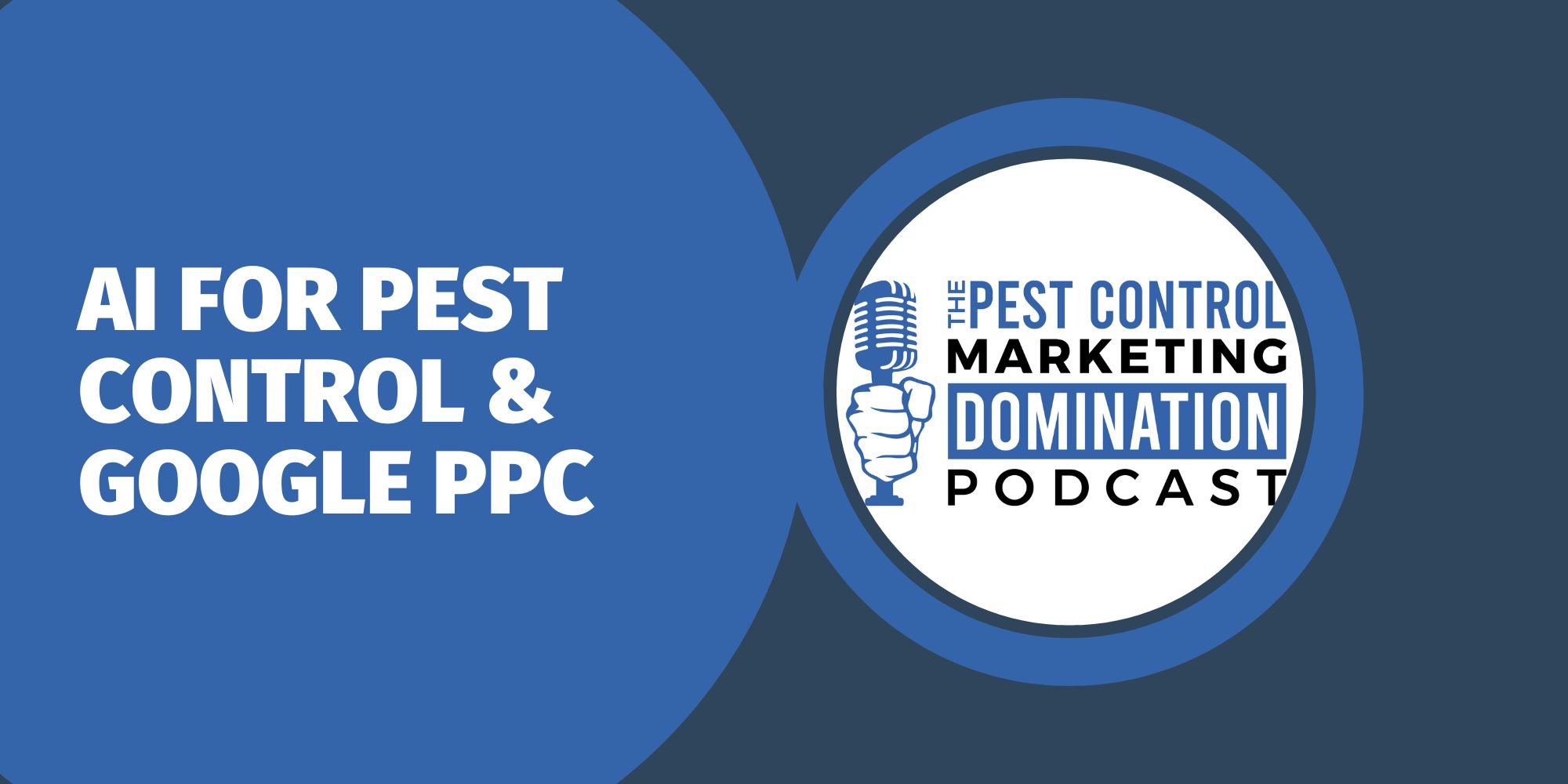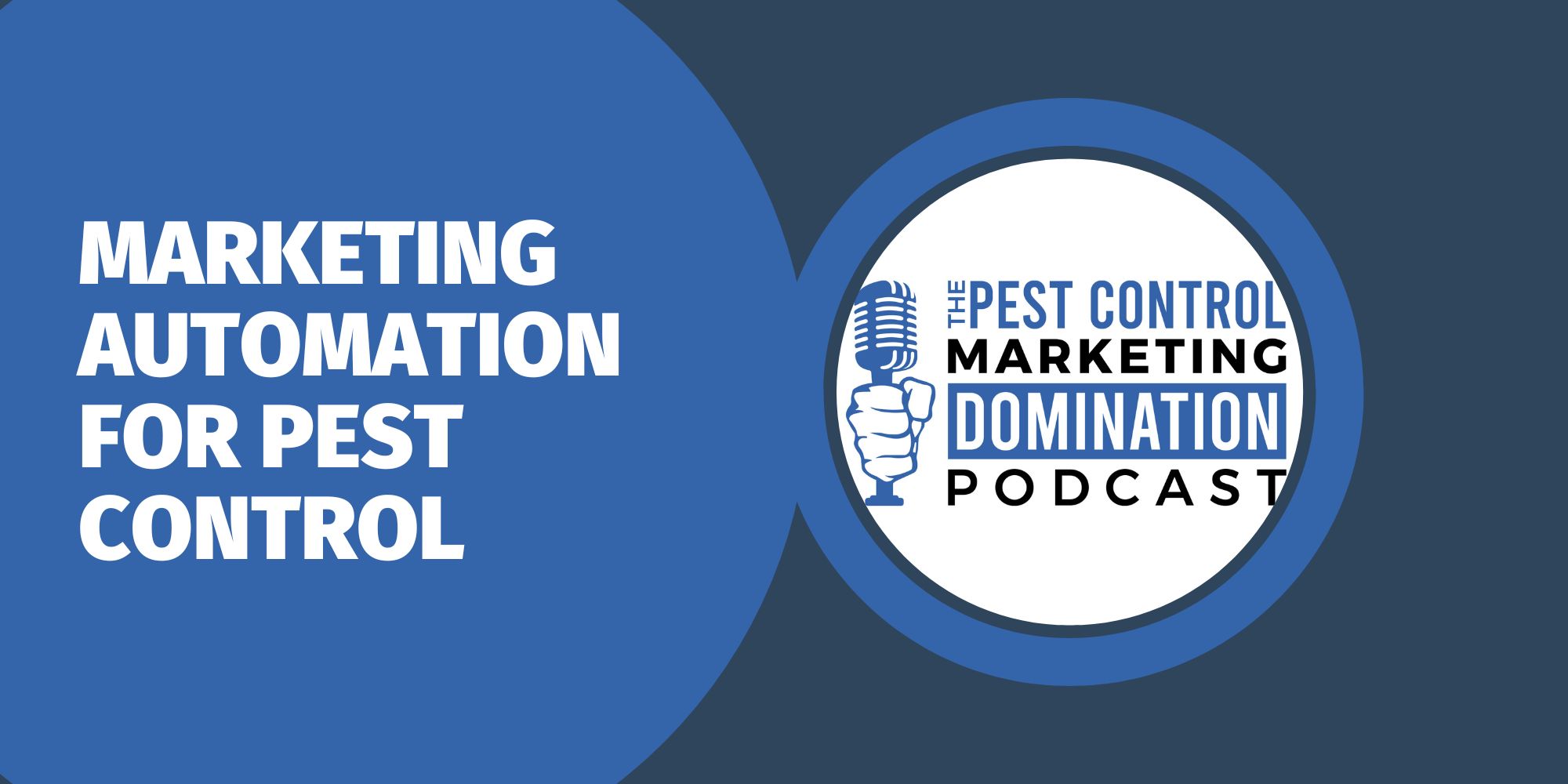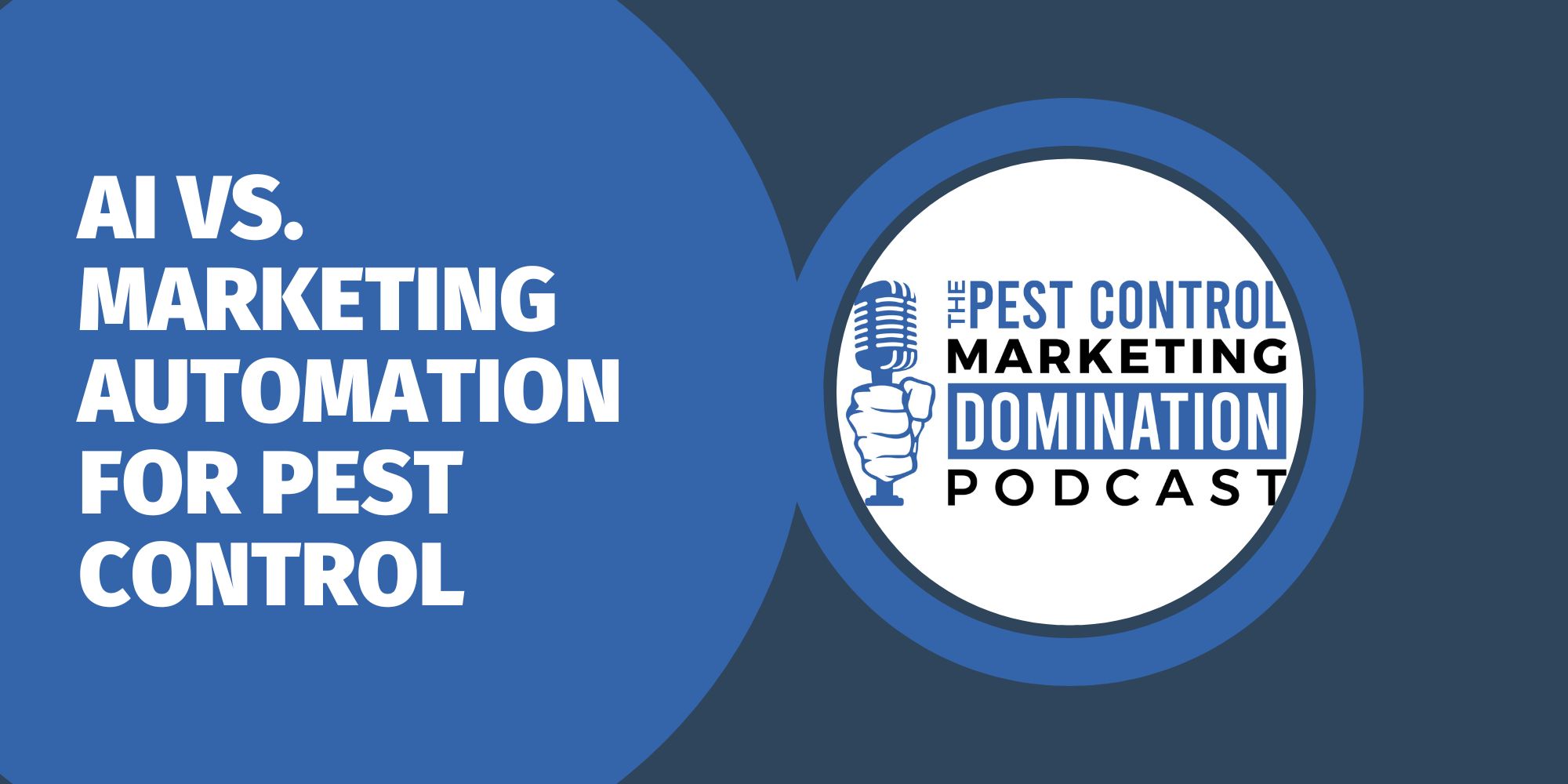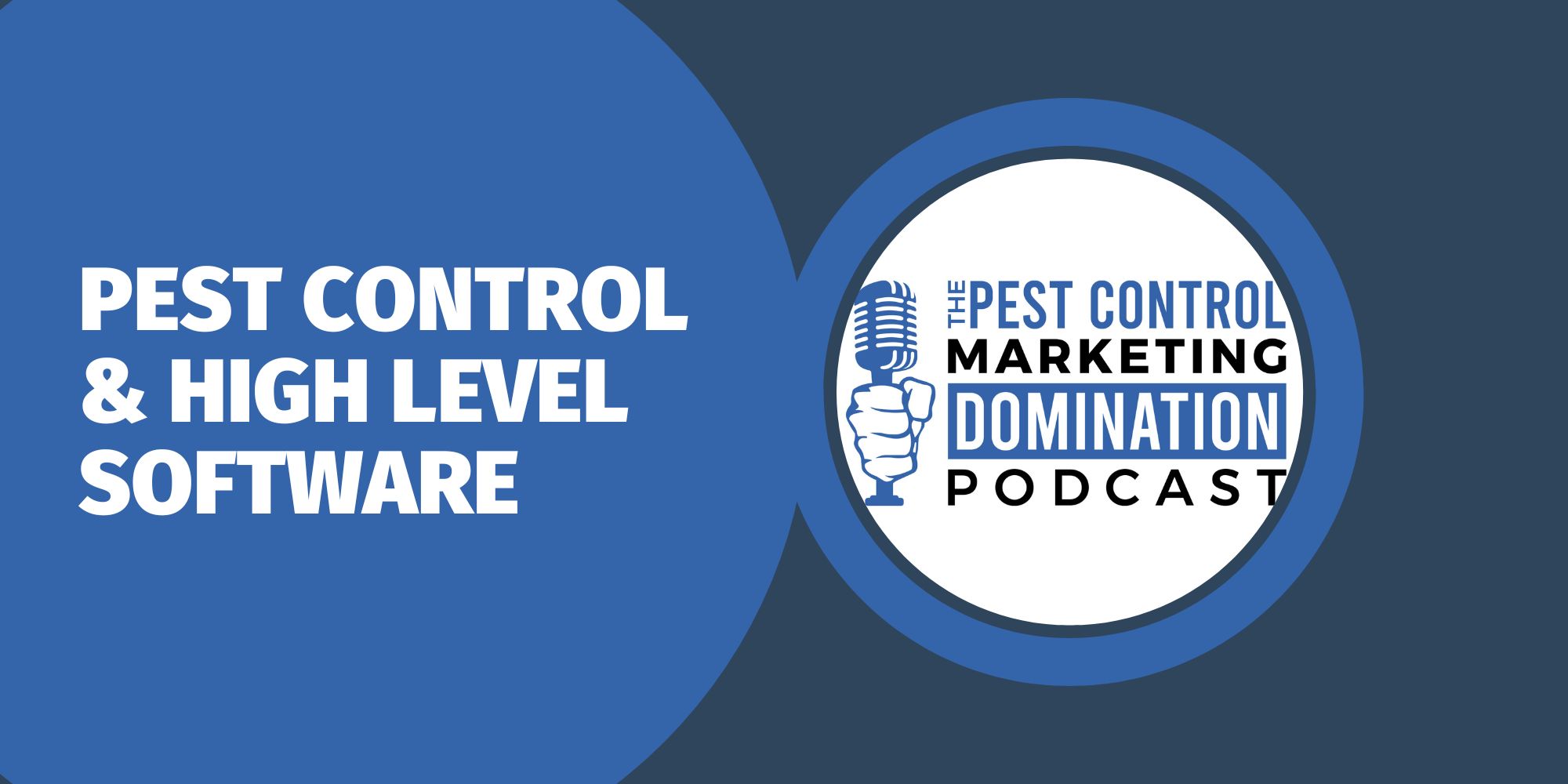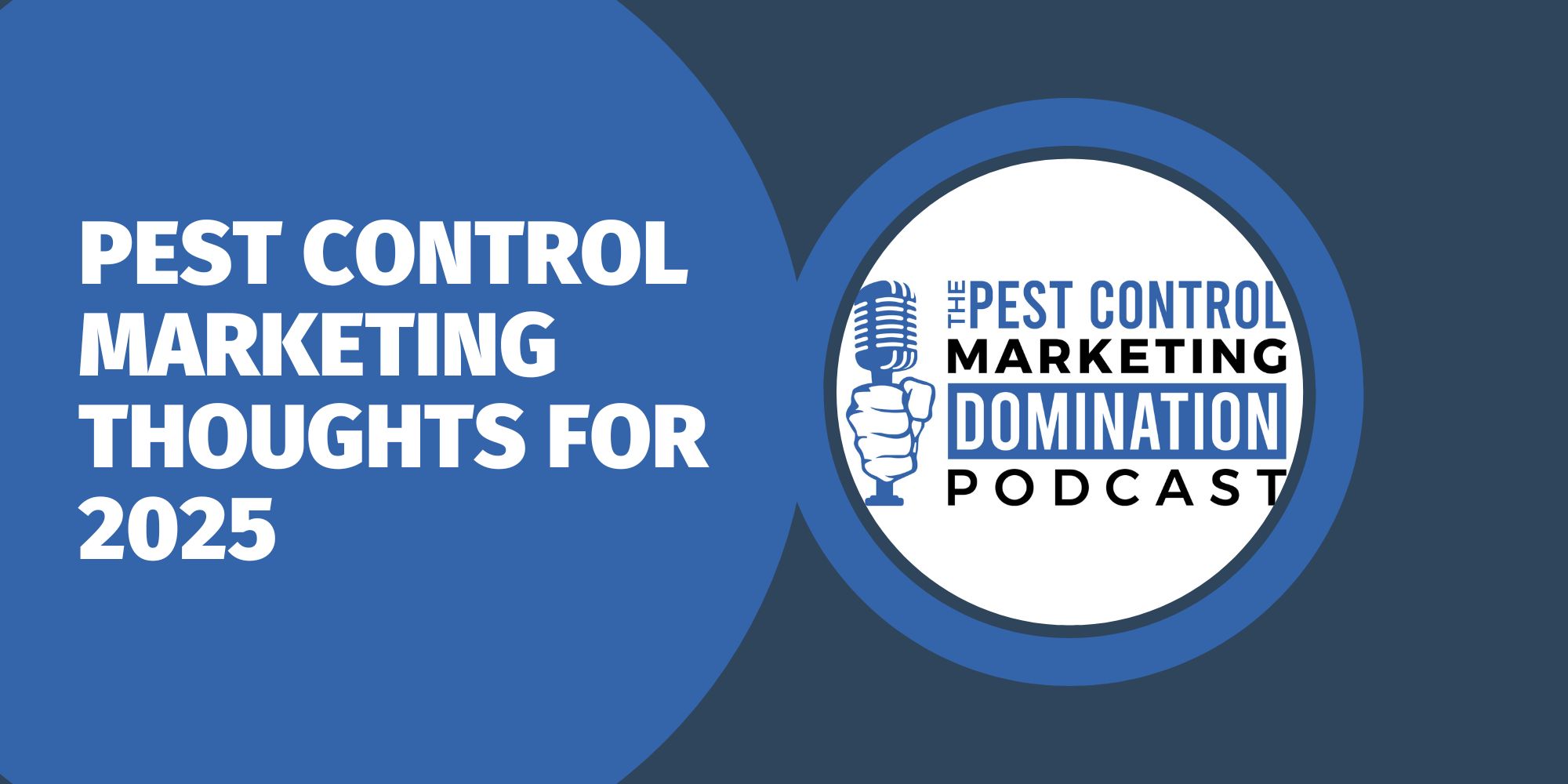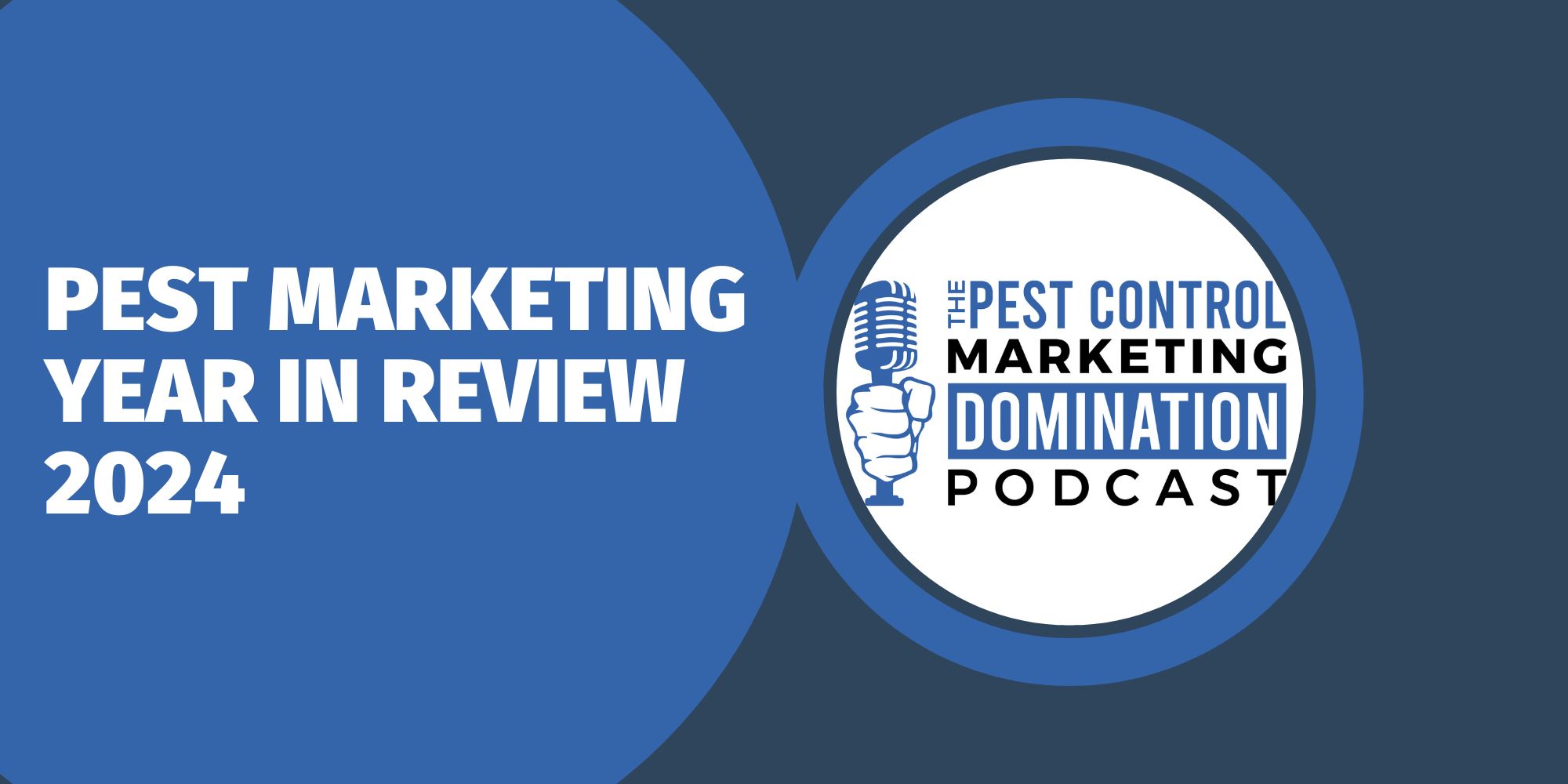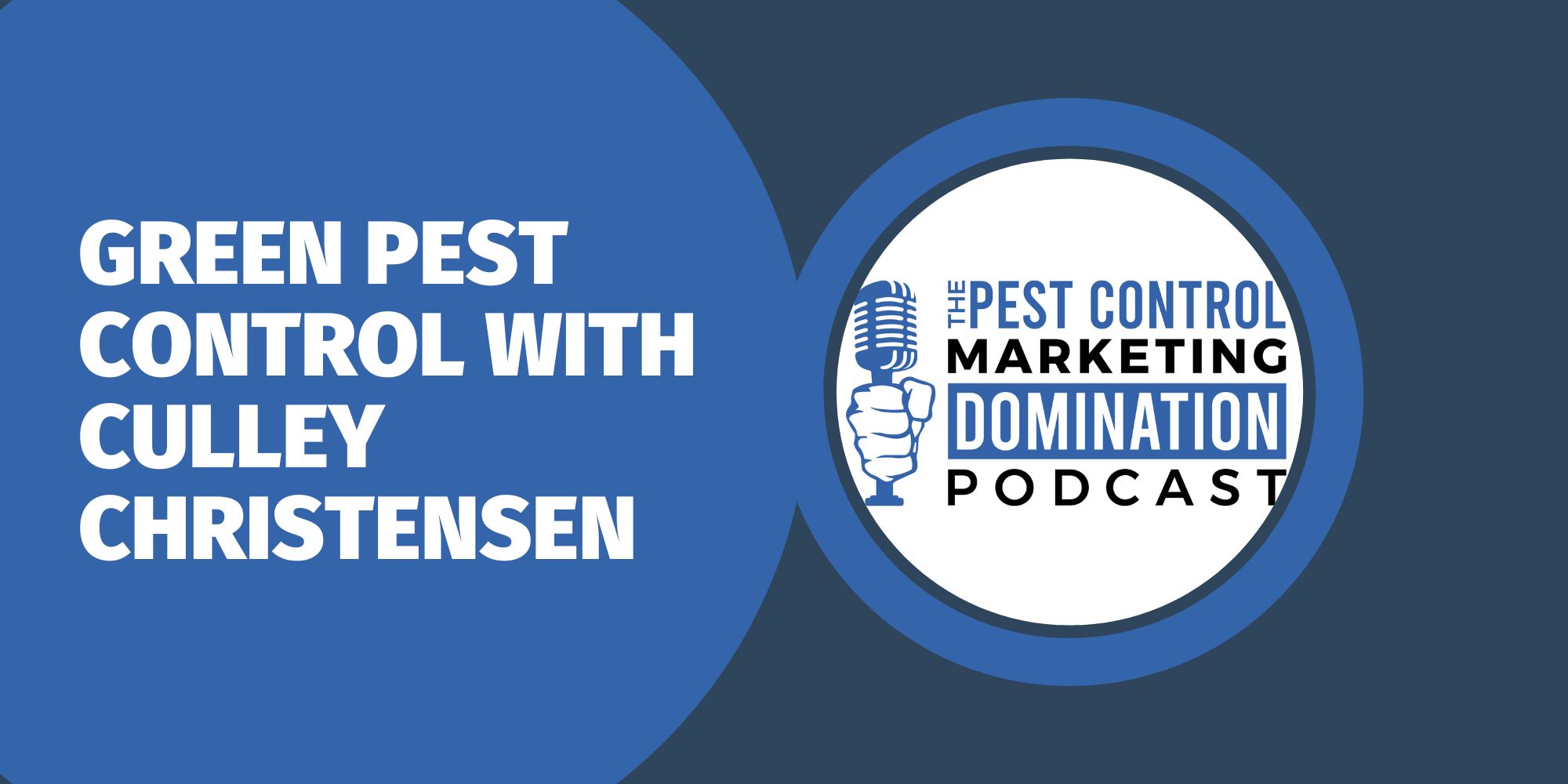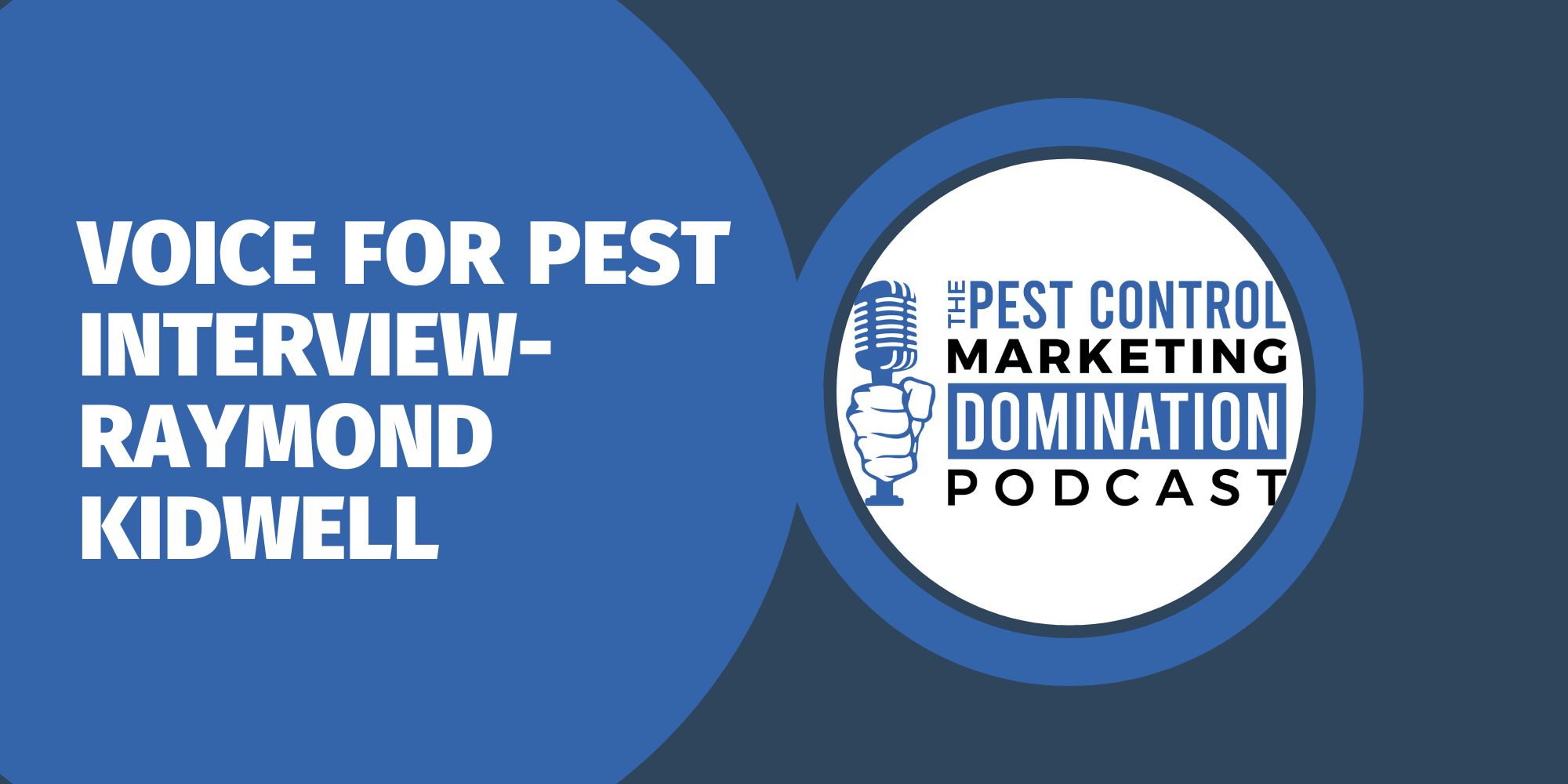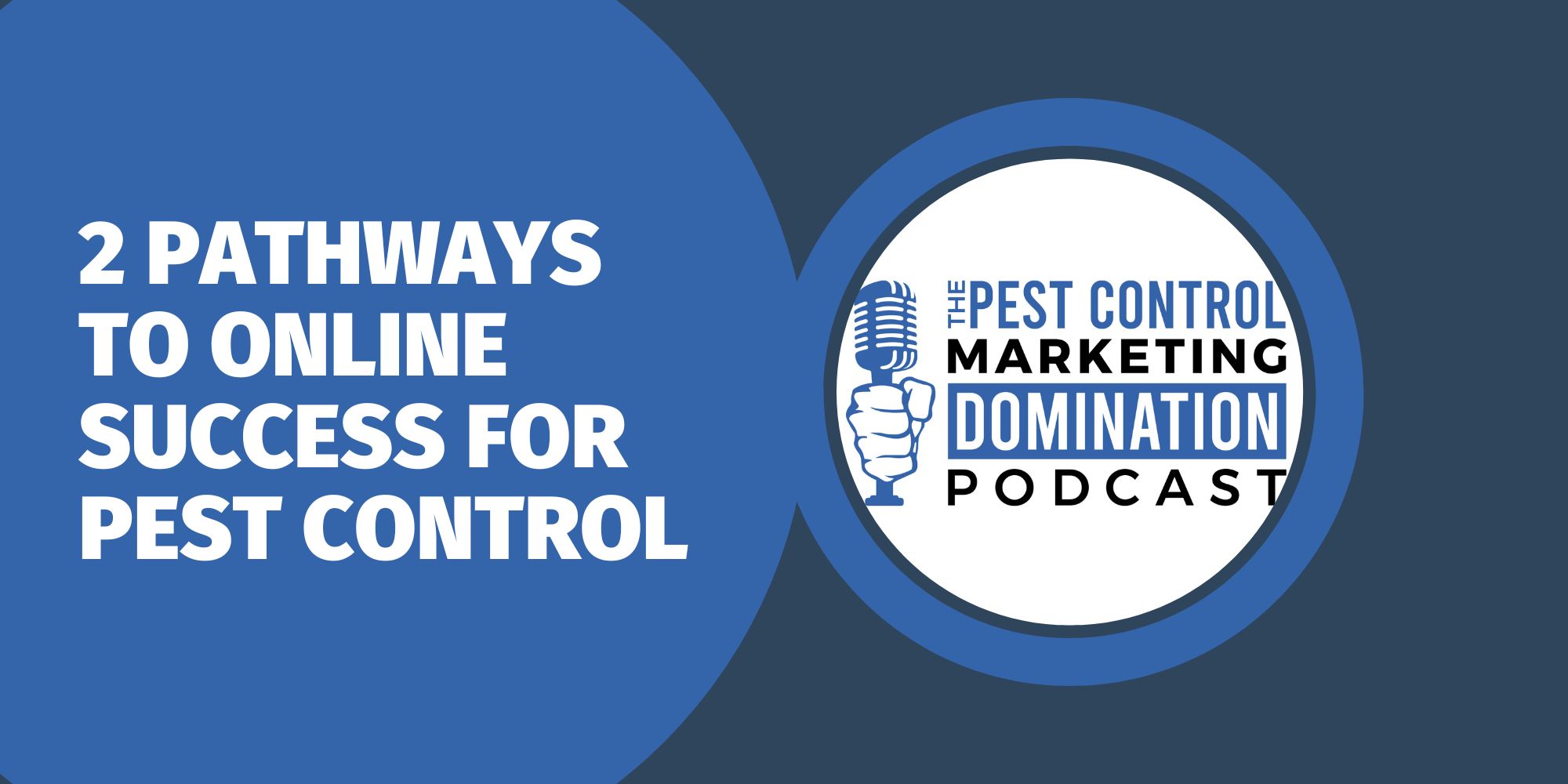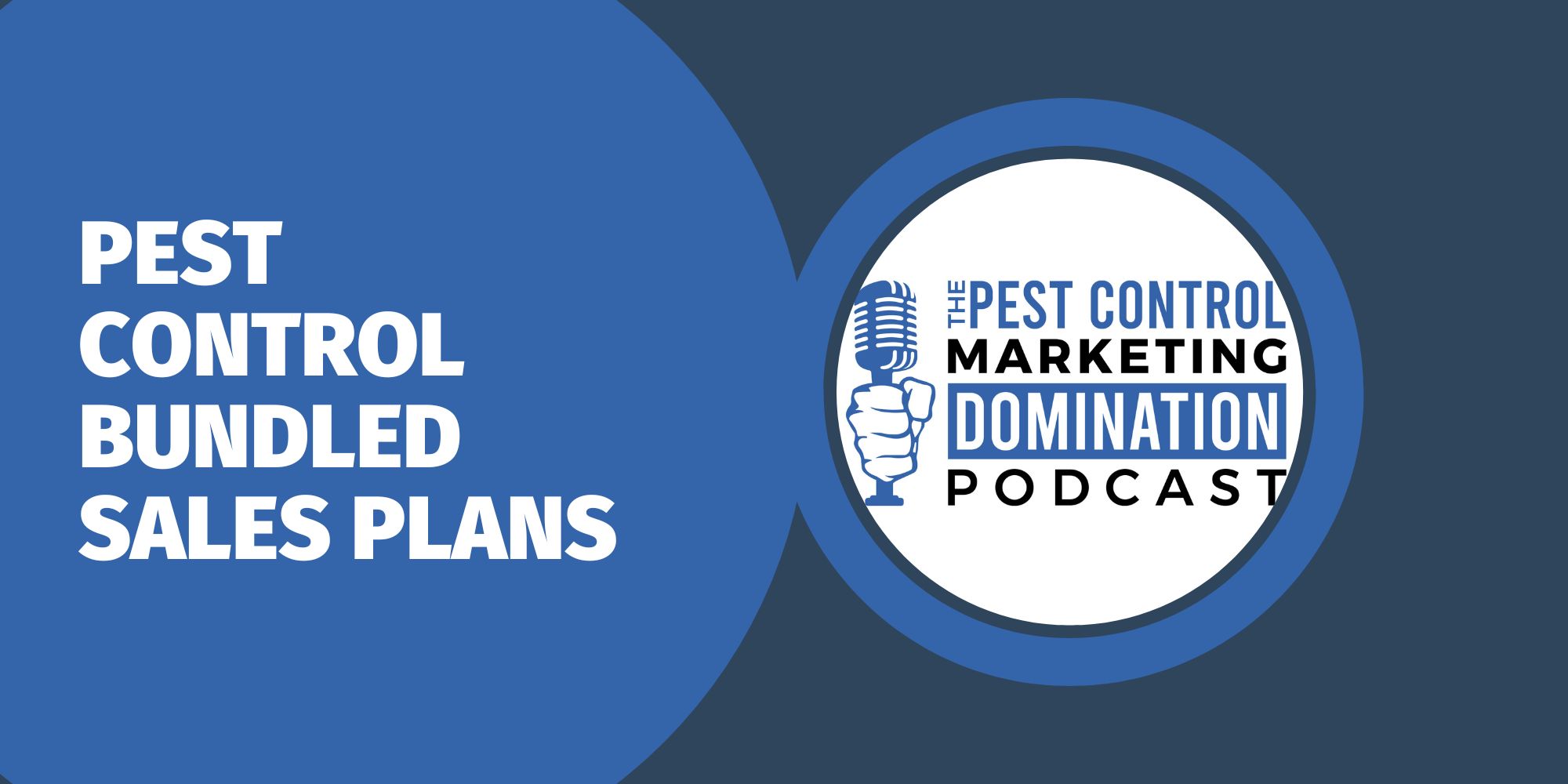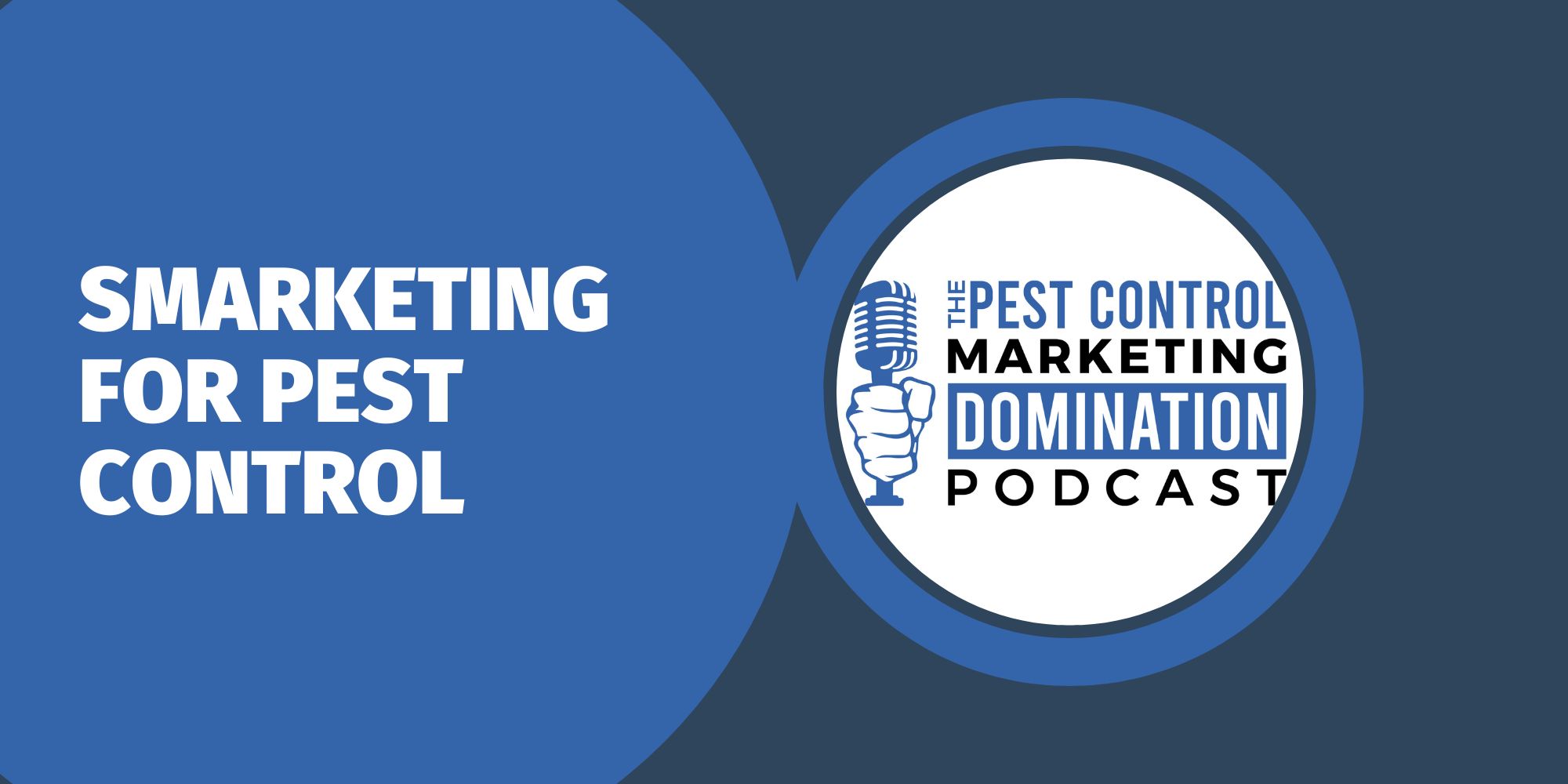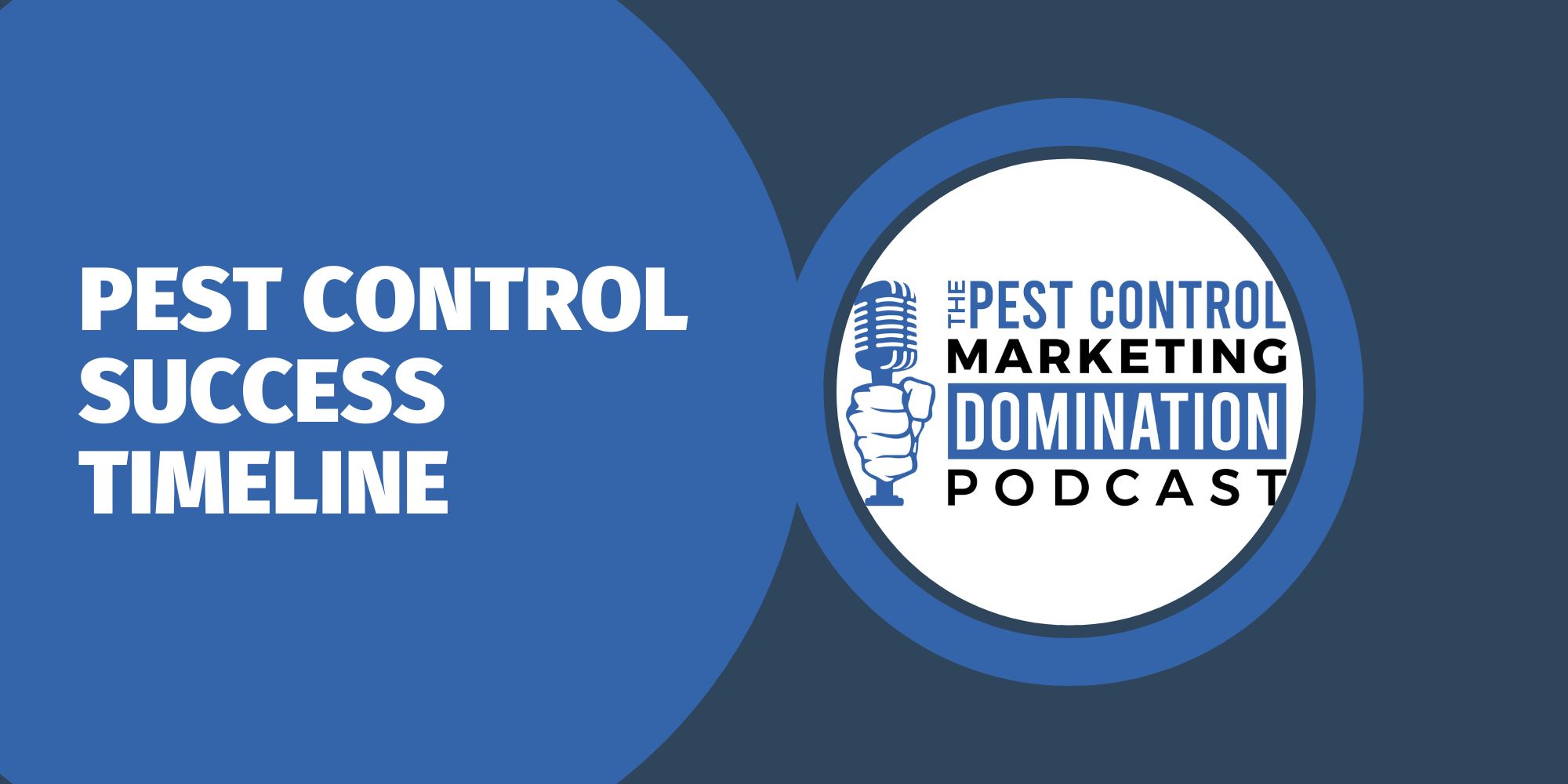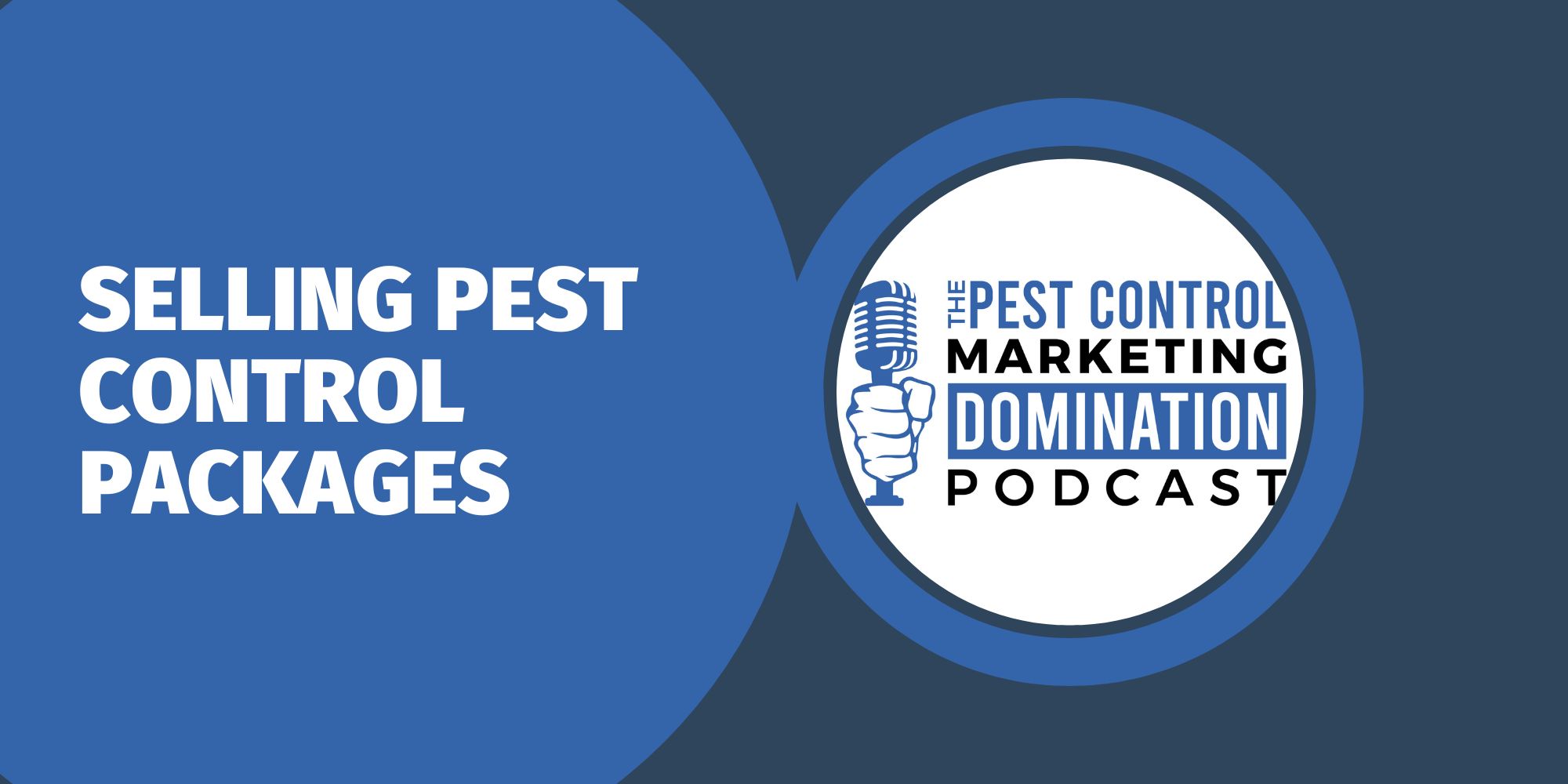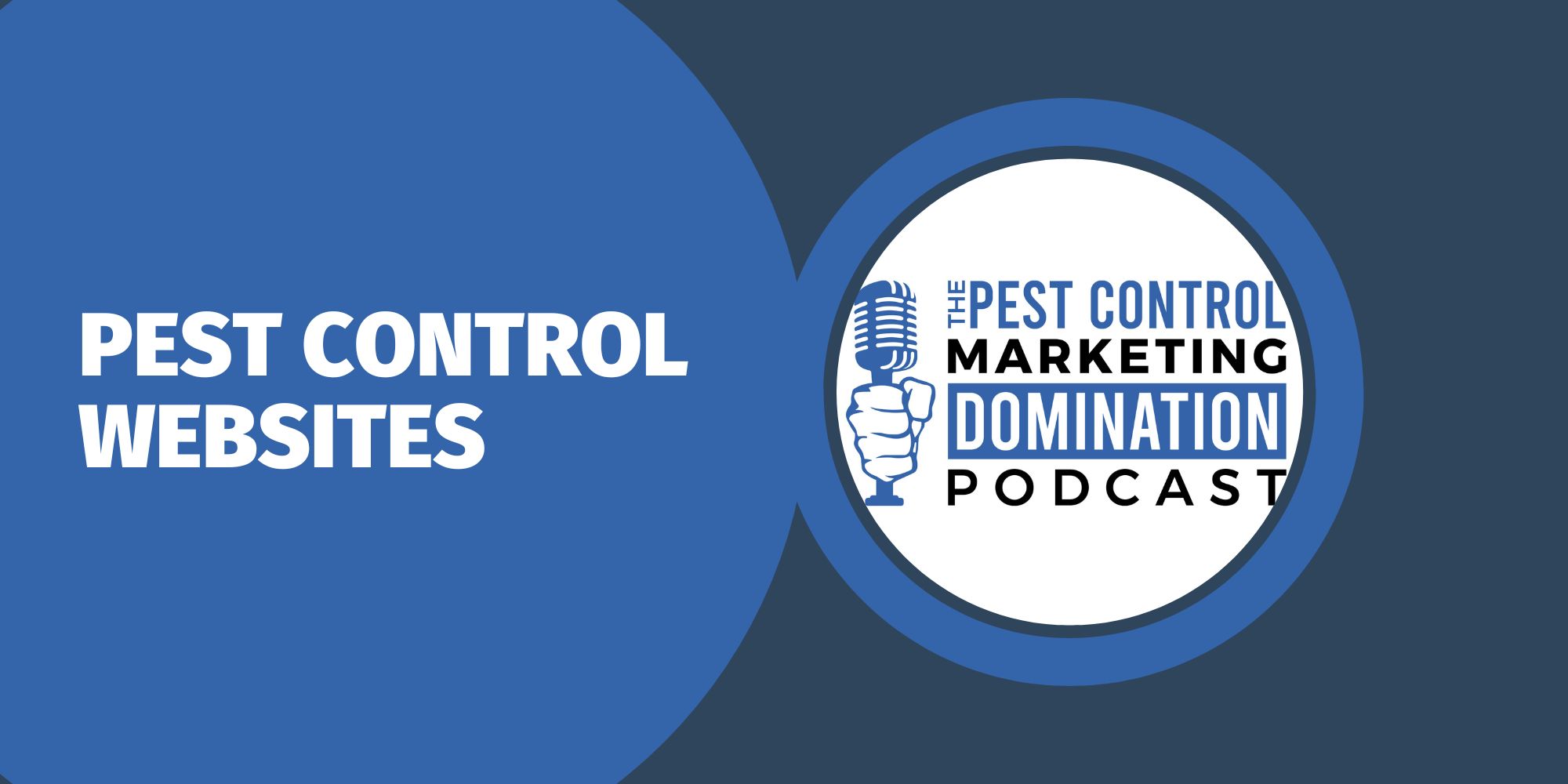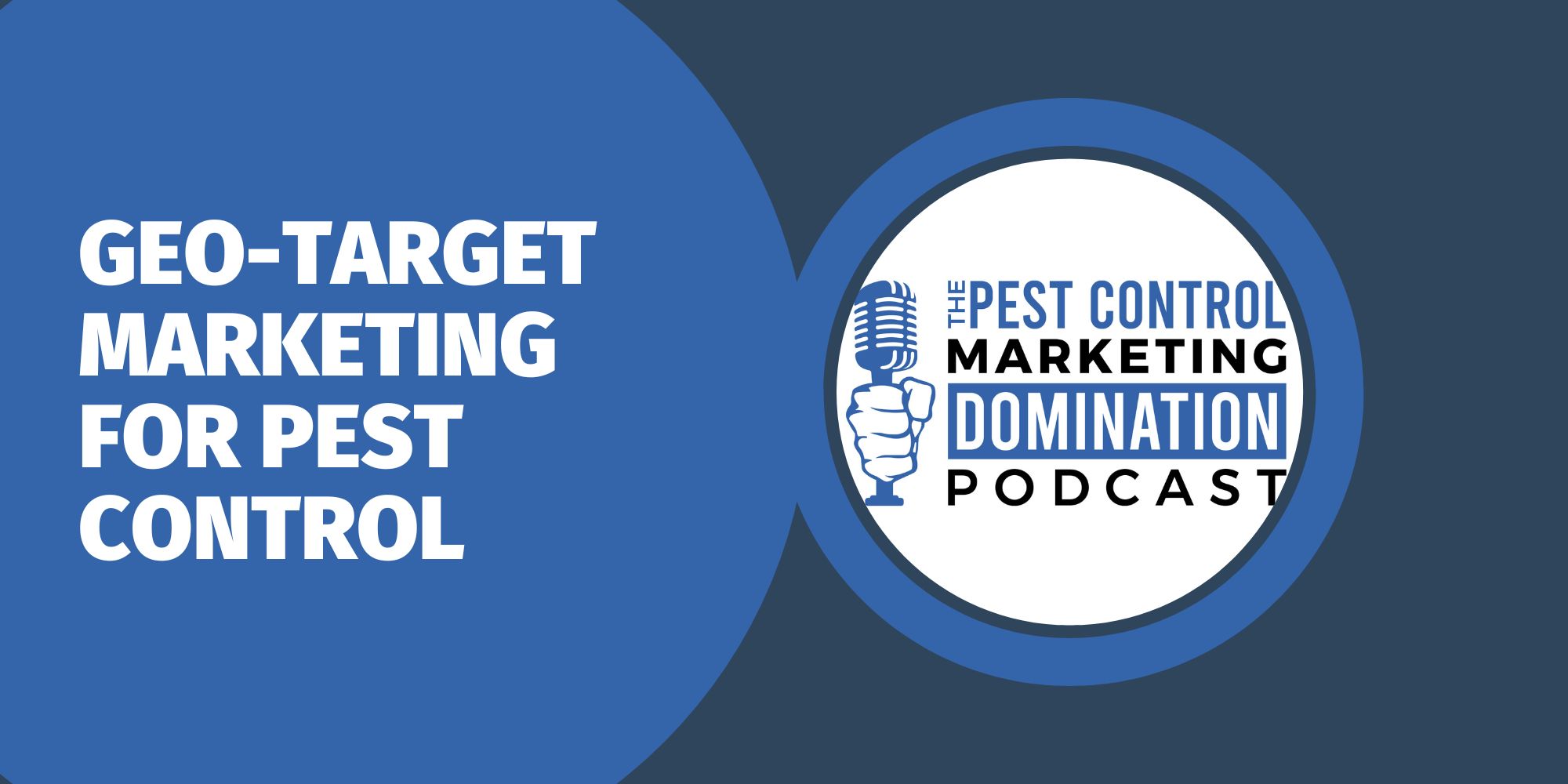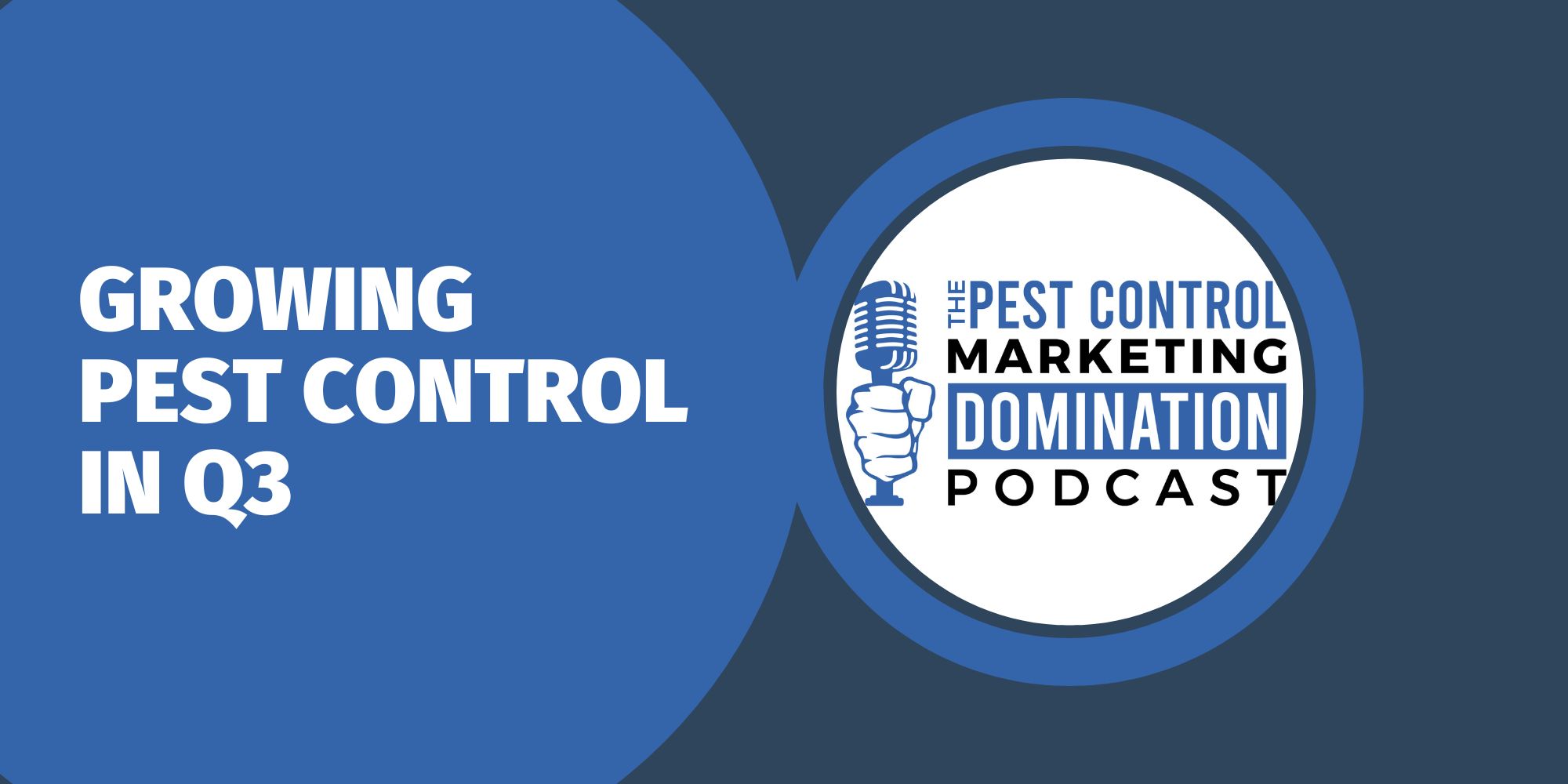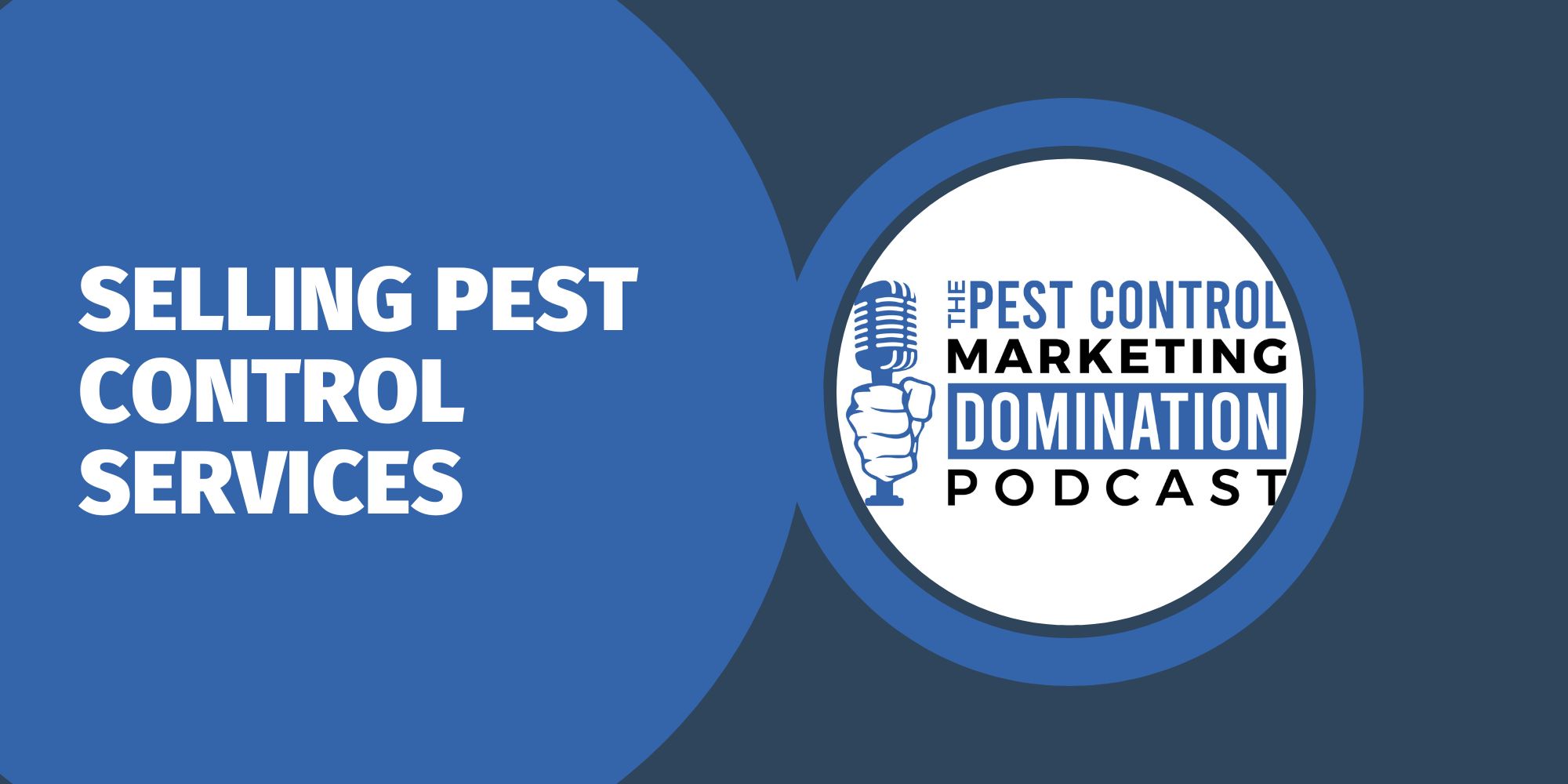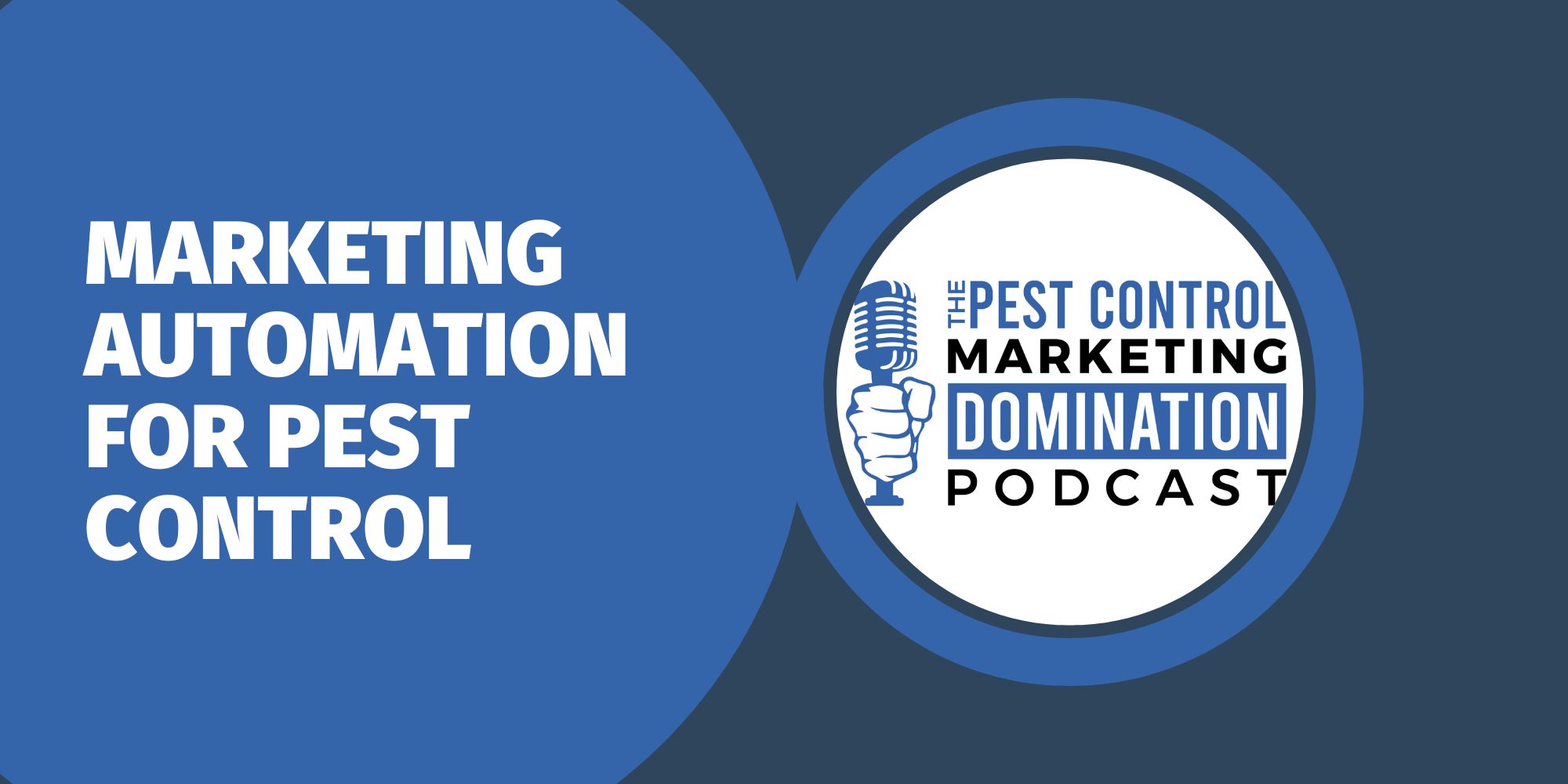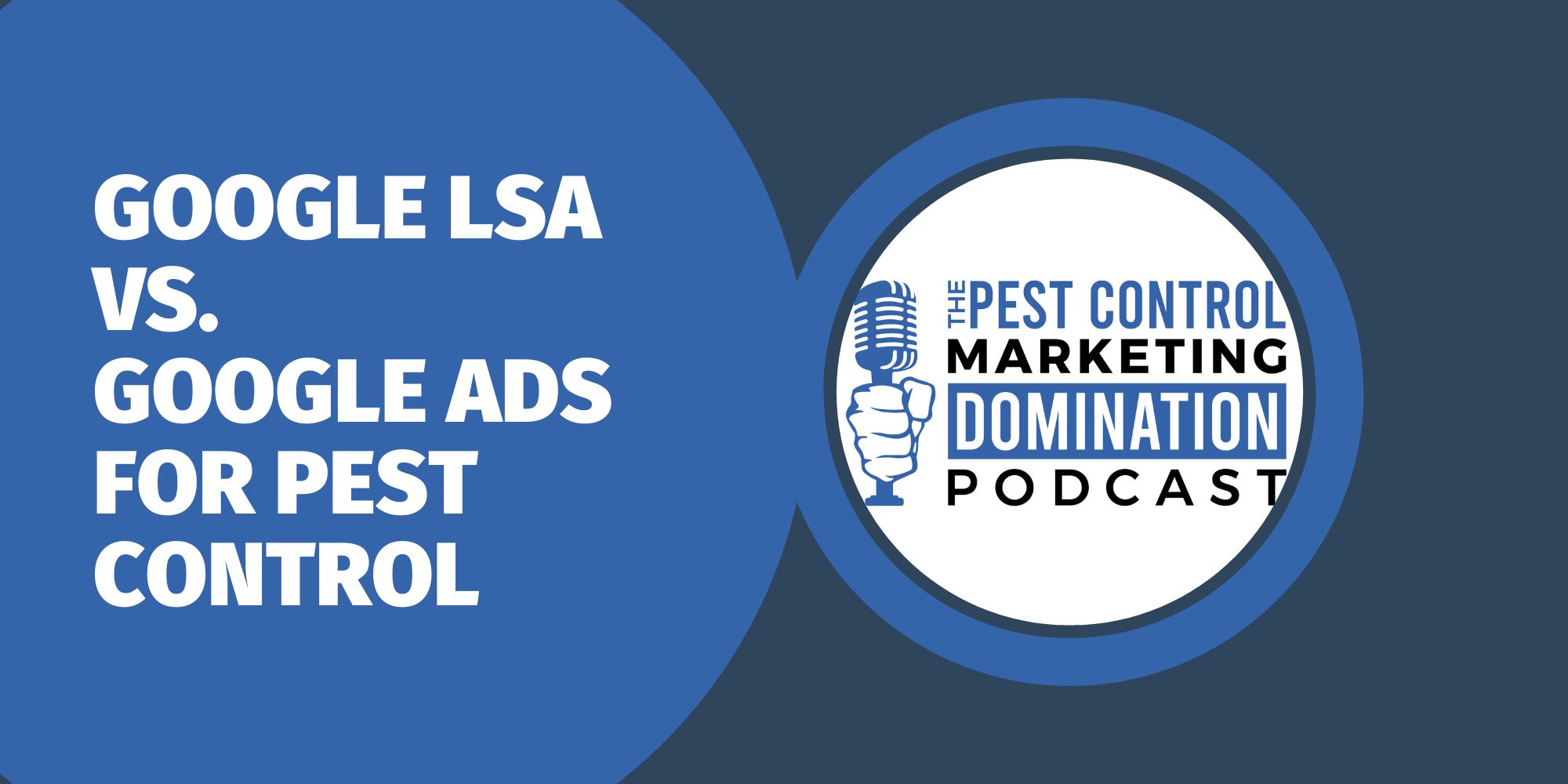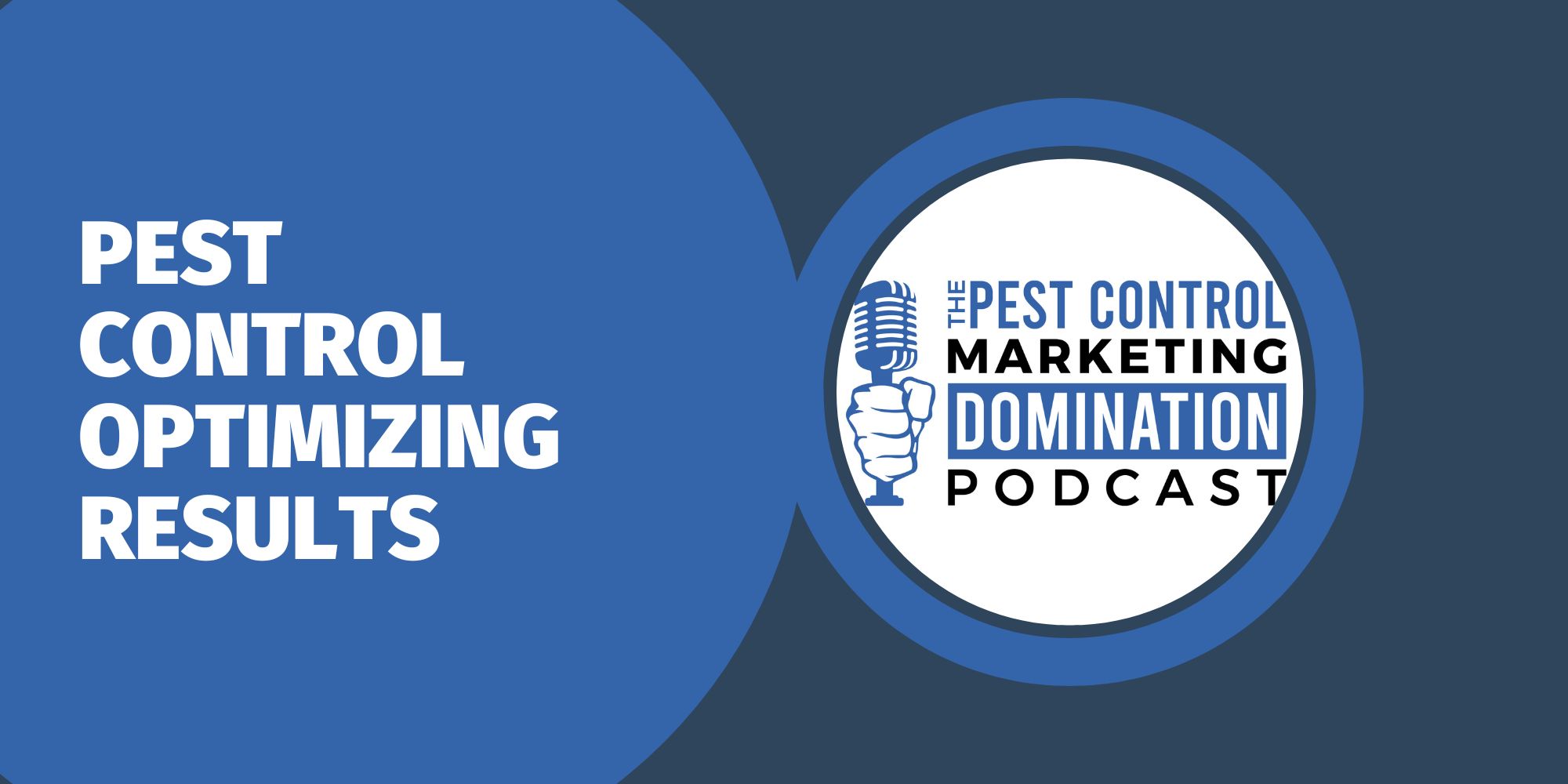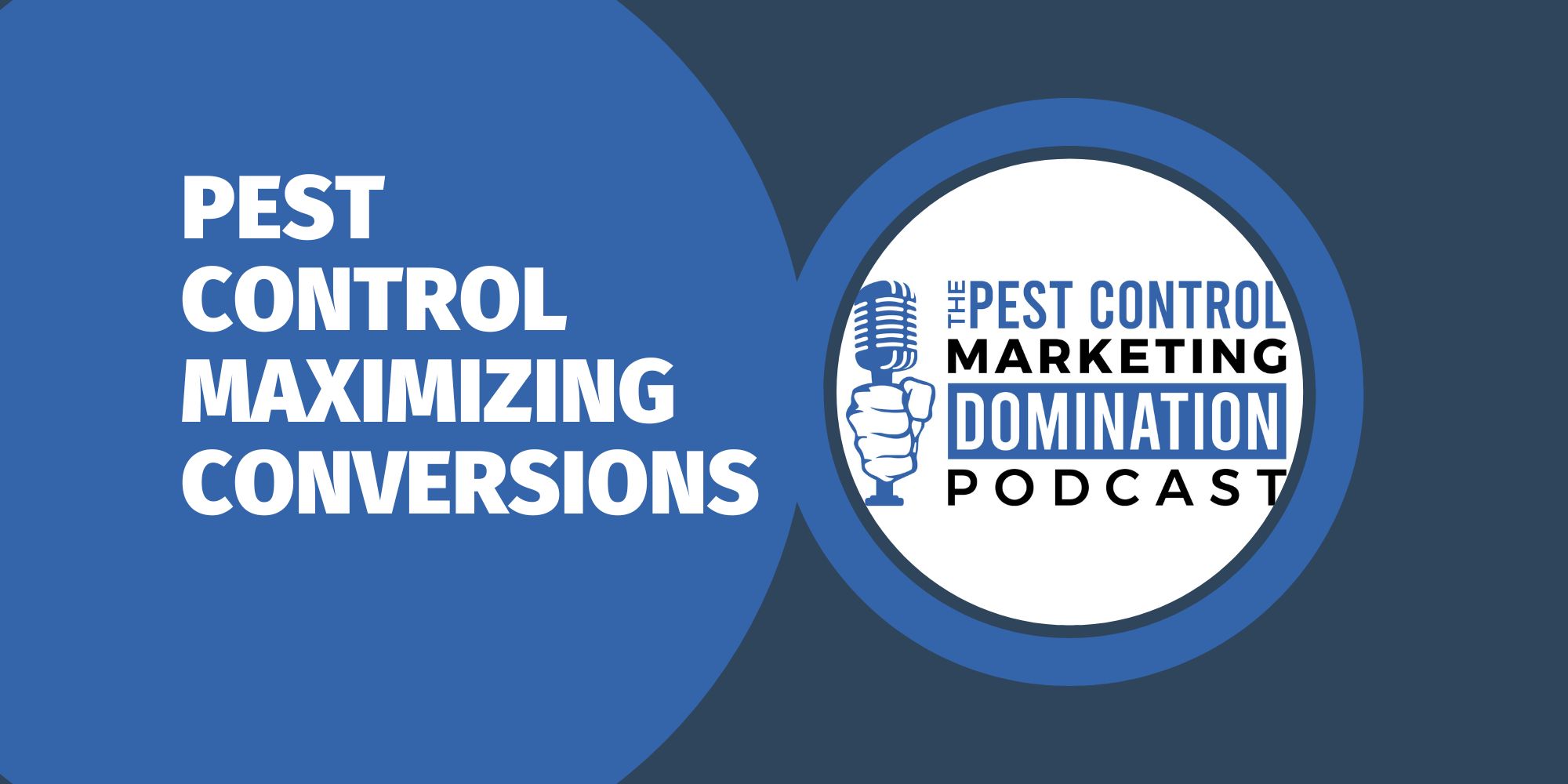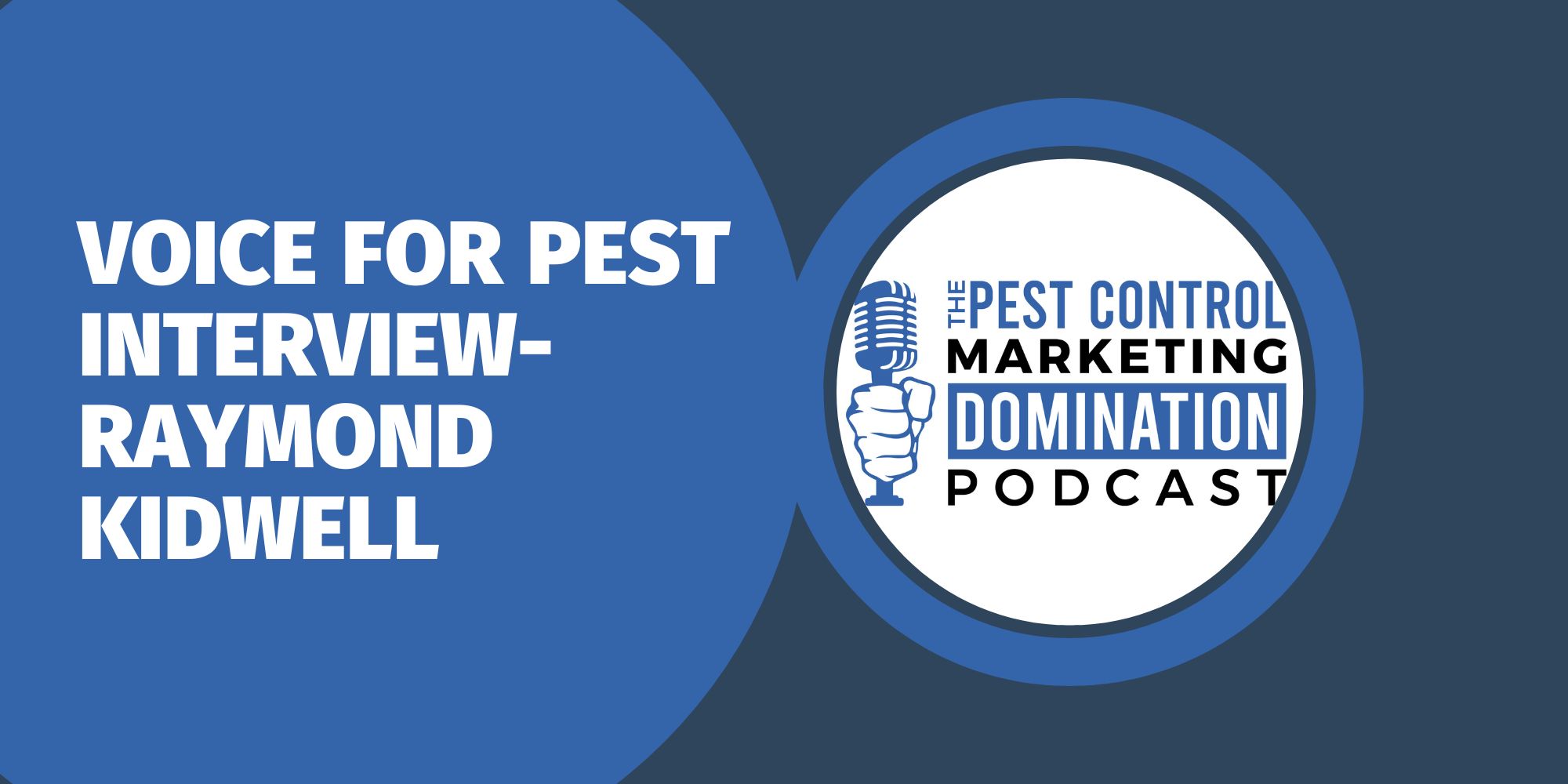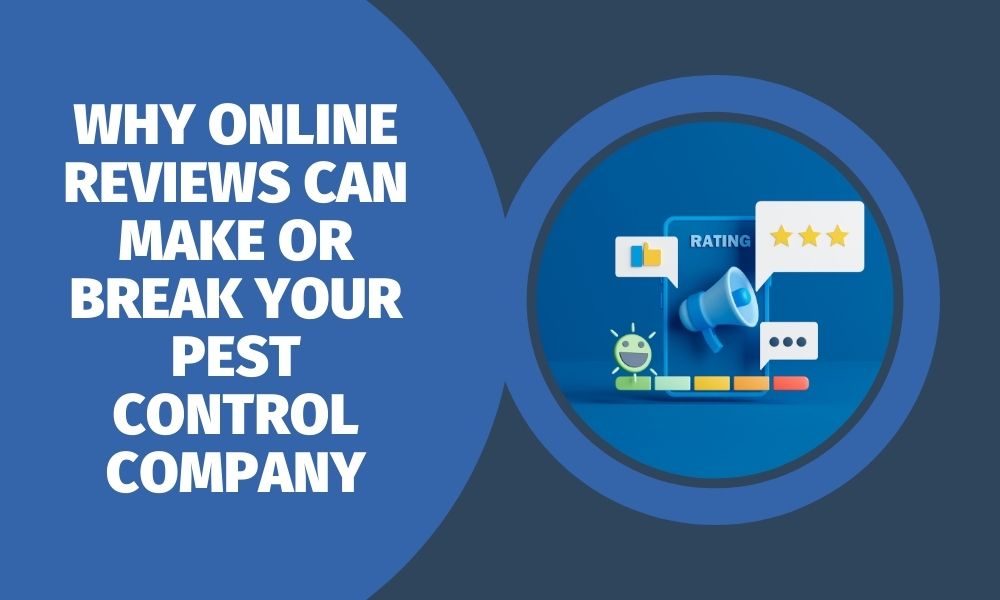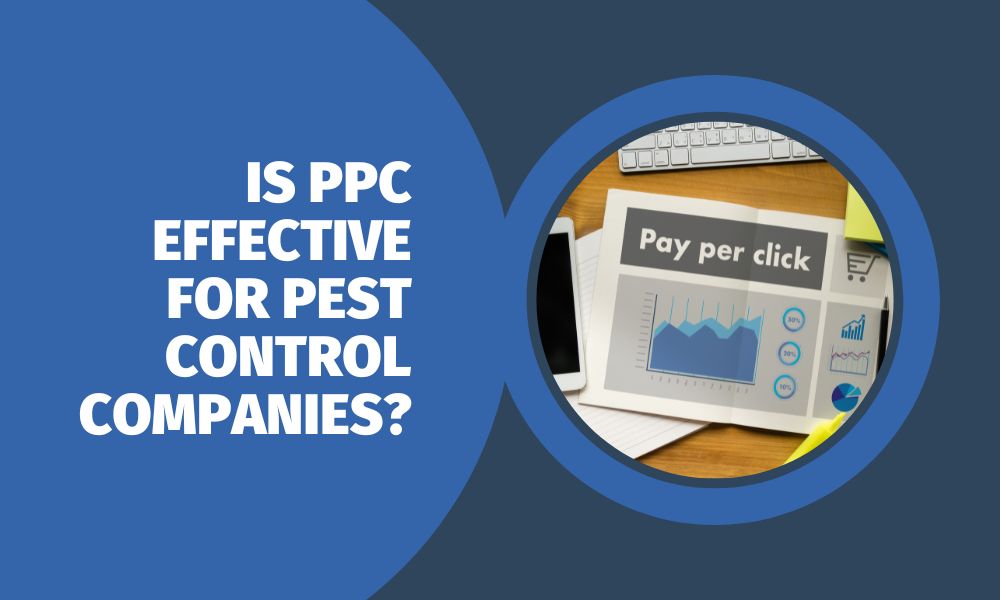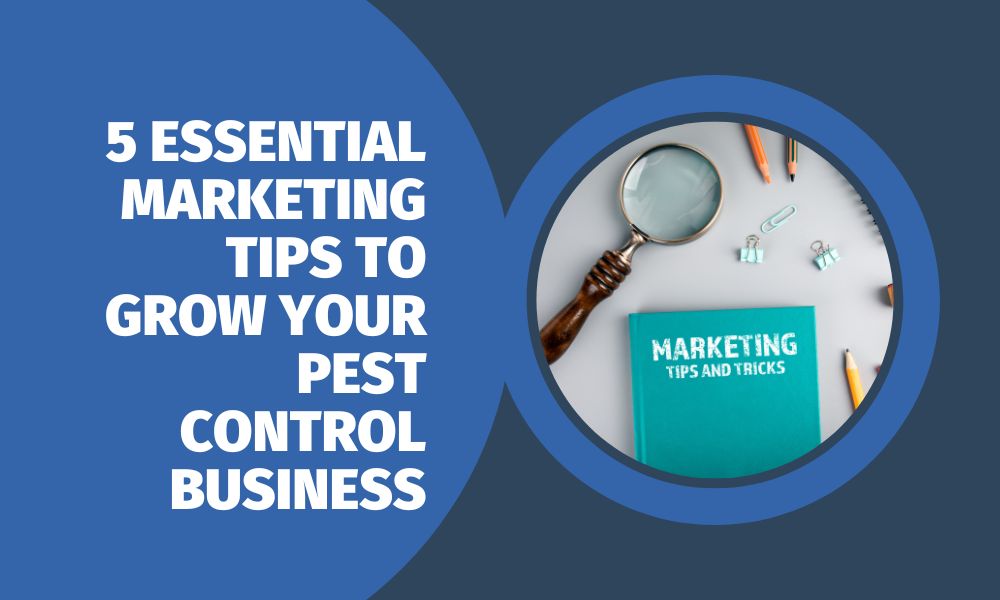Growing a pest control business in today’s digital world is a challenge. Old school tactics like Yellow Page listings and door-to-door sales are no longer effective. With easy access to the internet, most consumers start with an internet search when they want to hire a local company for their pest control needs. Unfortunately, many pest control companies are behind when it comes to establishing a strong presence on the web.
Improving your ability to rank highly in search engine results through carefully executed search engine optimization (SEO), can give your business the edge it needs to stay ahead of the competition. This is especially important in highly-saturated markets with a number of similar pest control services. Here are the top SEO tips you can use to improve your website’s search engine rankings.
1. Focus on Website Architecture
Too many pest control companies build their website like a physical brochure. They create a basic framework that includes a home page, list of services, and some contact information. The problem is that there are millions of pages on the internet that contain similar content. Unfortunately, generic web pages don’t jive with today’s search engine algorithms. The goal of any search engine is to connect its user with the websites and information that is most relevant to their search criteria. For example, if a user is looking for “DIY pet-friendly ant control”, the webpages that directly address this question will naturally rank higher.
To solve this problem, pest control businesses need to focus on making sure that every page on their website has a clearly defined purpose. Trying to answer too many questions on a single page can cause confusion for both the end user and search engine algorithms. If you are trying to create a list of pest extermination tips, it’s better to create separate pages that are dedicated to each type of pest. While this means that your website will become more complex and challenging to organize, your ultimate goal is to increase your online visibility on search engines. The extra effort will be worth the reward. For more information, check out our guide to building a SMART Pest Control Website.
2. Select the Right Keywords
Search engines use keywords to determine what a page’s content is about. Having the right keywords that match a user’s search criteria will help indicate that your website answers their specific question. For this reason, it’s important to carefully select the keywords that you want to include in your website.
Since pest control businesses usually operate in a tight geographic area, it’s critical to include keywords that are relevant to your ideal customers. Be sure to include localized keywords such as the name of your city, state, county, or specific neighborhoods in your service area. Getting a ton of visitors from the wrong city won’t provide much value to your business.
It’s also important to select a combination of long and short-tail keywords. Short-tail keywords are single words or short phrases such as “ants” or “pest control”. These types of keywords are very common. For this reason, a lot of people will use these keywords in their searches. The downside is that commonly used keywords also have high competition. Practically every single pest control company uses the keyword “pest control” on their website. Long-tail keywords provide a unique advantage. Long-tail keywords are longer, more complex phrases such as “termite tenting in Colorado Springs”. Fewer people will use these keywords when searching, however, since they are more complex, you have a greater chance of showing up in the top results.
Sometimes you need a little trial and error to find the most effective combination of keywords. If you still aren’t ranking well, you might consider changing up the keywords you selected. Don’t be afraid to experiment a little to get the best results.
3. Create High-Quality Content
One of the best ways to attract a lot of viewers to your website is to create high-quality content that your readers will find beneficial. High-quality content is more likely to keep readers engaged and stay on your website longer. Long visits can signal to search engines that the content is what people are looking for. As an added benefit, content that is high-quality is more likely to be shared across social media, another factor in boosting search rankings.
You have a wide range of options when it comes to creating high-quality content. Think about the most frequent questions that your customers often ask. Can you create content that will help solve these common challenges? This information can be presented in a number of ways including articles, social media posts, instructional videos, infographics, podcasts, pest identification guides, and home inspection checklists. Content that is visually appealing will naturally capture more attention, so feel free to use high-quality images.
Just as important as creating the right content, creating a consistent publishing schedule with new content will help show search engines that your content isn’t stale and you are consistently engaging with your audience.
4. On-Page SEO and Website Optimization
Most website hosting services have a comprehensive set of tools and features that can help your website rank better if you know how to use them. Be sure to take advantage of the various fields such as title tags, meta descriptions, and header tags by including your relevant keywords. Since search engines can’t “see” images, using alt text fields to provide an image description can improve your SEO rankings.
Other performance issues that you should consider are website loading speeds and mobile friendliness. If your website loads slowly, it can hurt the user experience forcing them back to the search results page. If this happens often, the search engine could lower your ranking. Also, the widespread adoption of smartphones has resulted in over half of all web traffic coming from mobile devices. For this reason, you should prioritize optimizing your website for visitors that are viewing your website using a small screen such as a smartphone or tablet.
5. Build a Network of Backlinks
Search engines prioritize content and websites from the most reputable sources. Websites that appear to be the most trustworthy will naturally rank higher on the search engine results page. One way for a pest control website to demonstrate trust and reputability is to secure high quality backlinks from other reputable sources such as major news outlets, government websites, industry publications, and the local community.
It’s important to develop a strategy for acquiring high-quality backlinks. One of the best ways is to create content that other websites want to share with their readers. You can also volunteer to produce guest posts or collaborate with another website to share links to each other’s websites.
Building a social media presence is another great way to get lots of backlinks. The more of your content that is shared across social media platforms, the more it signals to search engines that your content is desirable and trusted.
6. Create a Schedule for Reviewing and Updating SEO
Search engine algorithms are constantly changing and evolving. SEO tactics that work today may not work six months from now. For this reason, it’s critical to consistently monitor the performance of your website over time. As you make changes to your website, monitor your stats such as page views, total session time, and bounce rates to see if the changes you made are creating a positive or negative impact.
If you see a large spike in performance, try and isolate the reason why your performance improved. This is a good indication that you did something really well and should look to replicate it across the rest of your website. Likewise, declining performance can tell you that the search engine algorithm may have changed and it’s time to try a fresh approach.
Leverage Pest Control Marketing Experts for Professional Results
Understanding SEO can be a daunting task for pest control businesses owners. Not only does creating a successful SEO strategy require specialized knowledge and techniques, but the ideal approach continues to be a moving target as search engines change. Leveraging a professional pest control marketing firm comes with numerous benefits. At Rhino Pest Control Marketing, our team of SEO experts can work with you to provide a comprehensive website review and build the right strategy for you to continue growing your business through high-quality online traffic.




